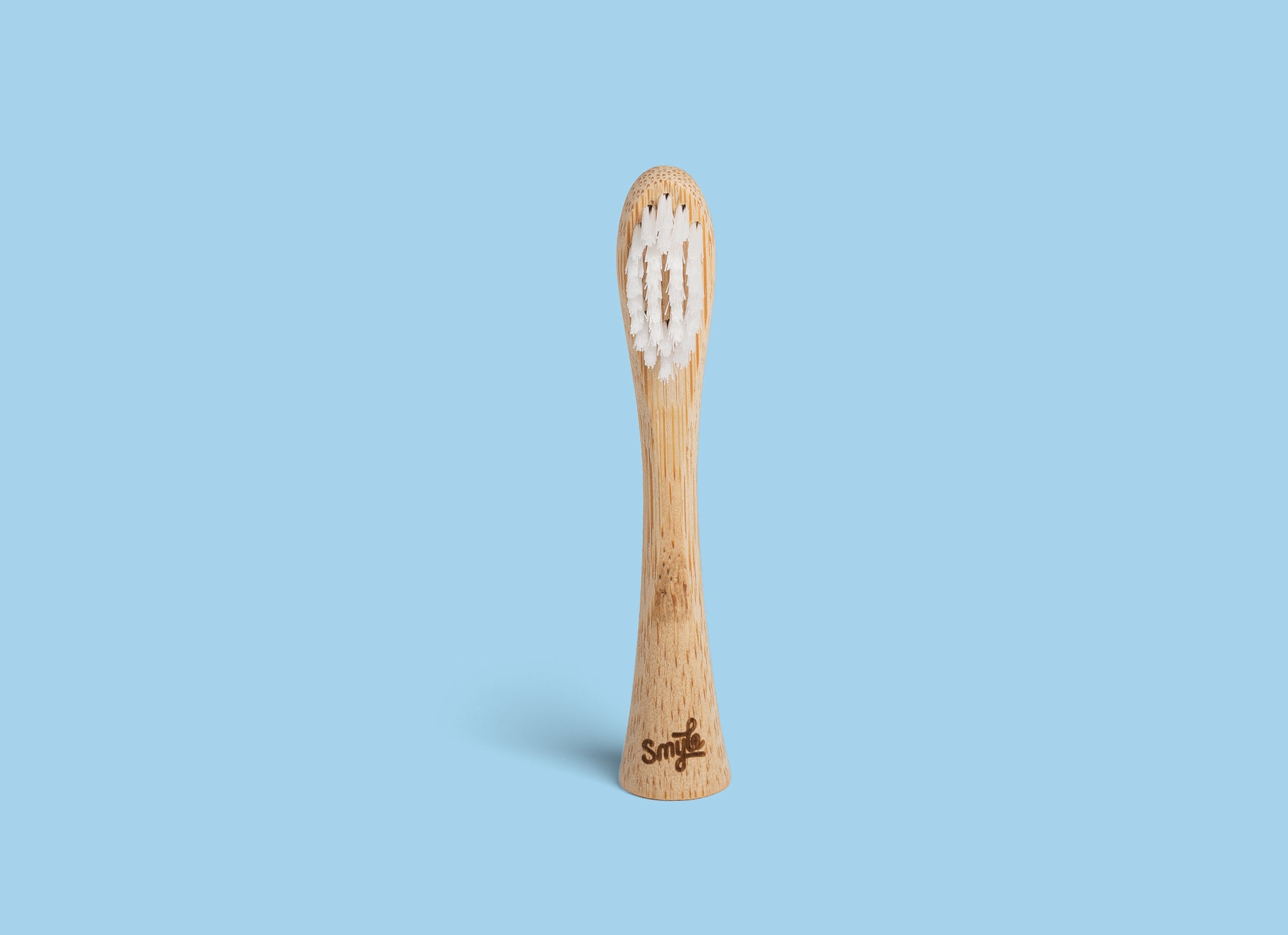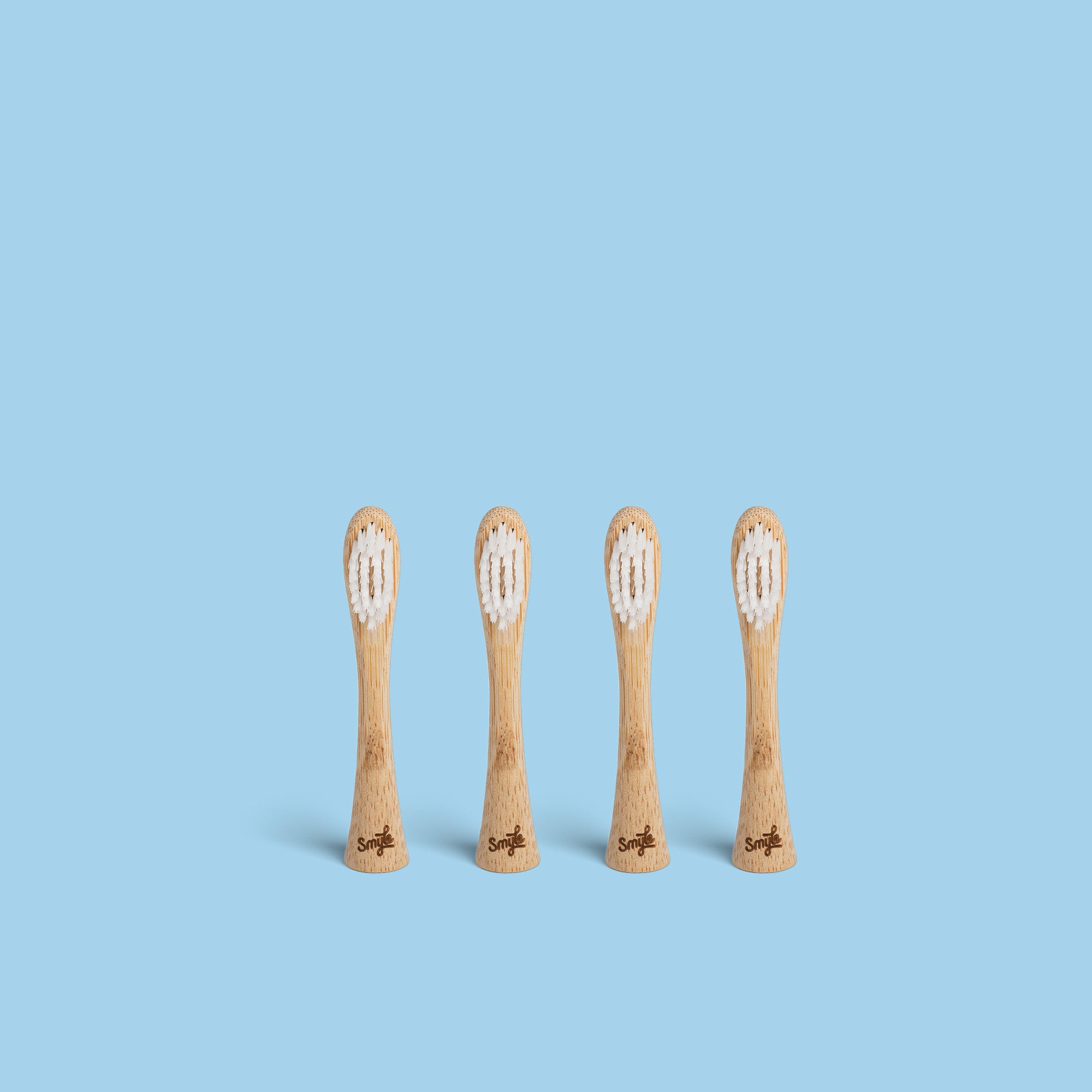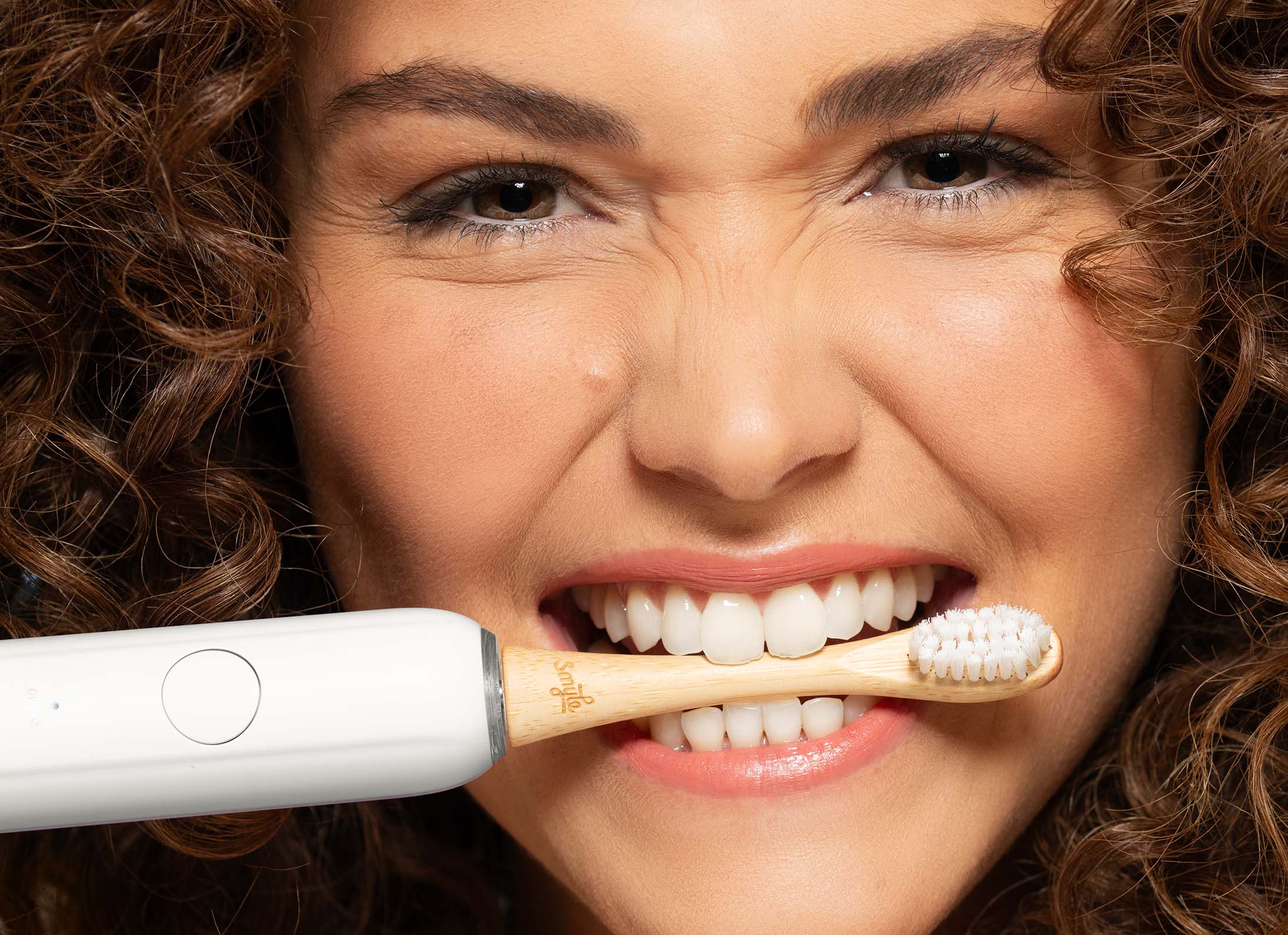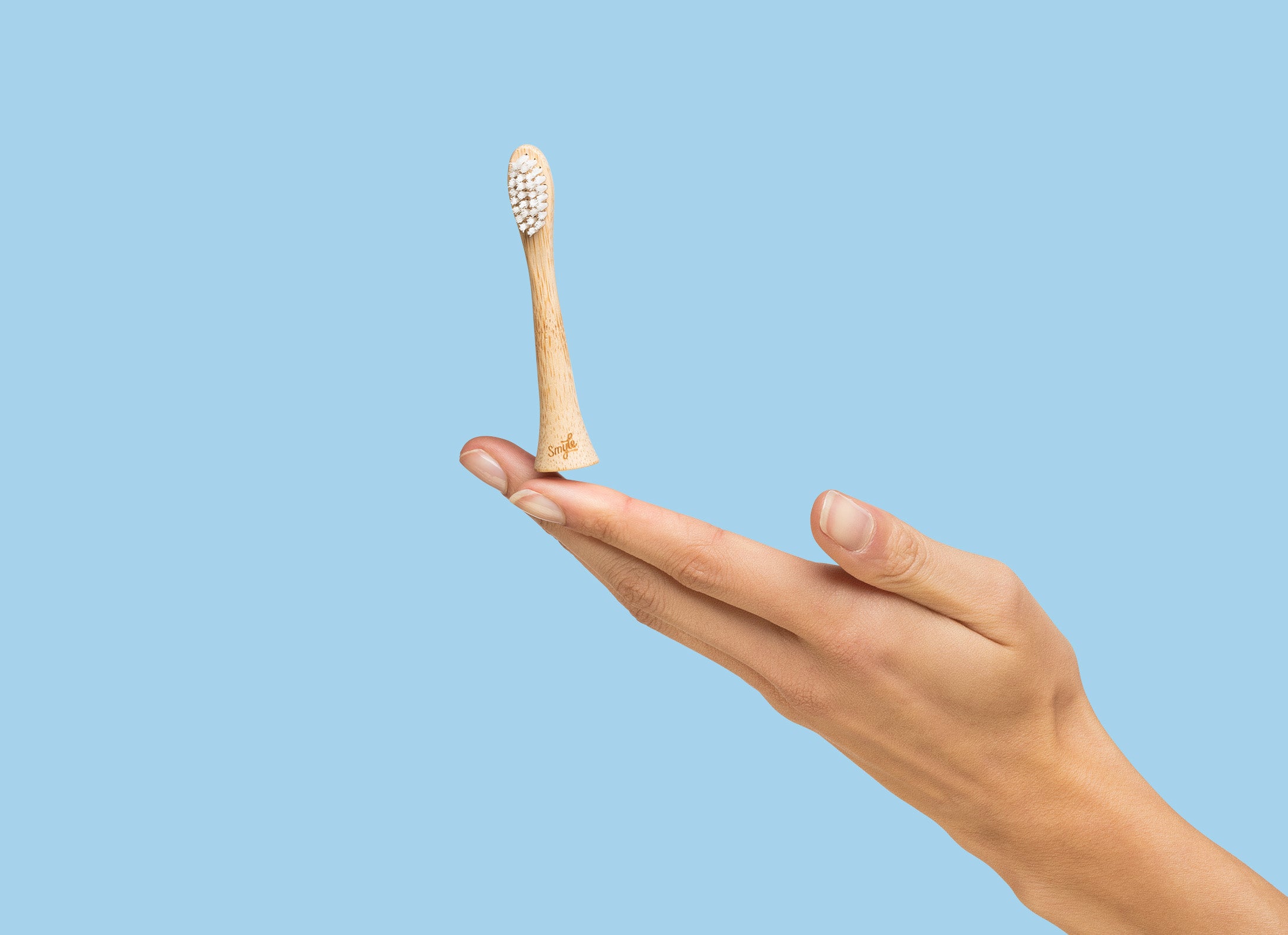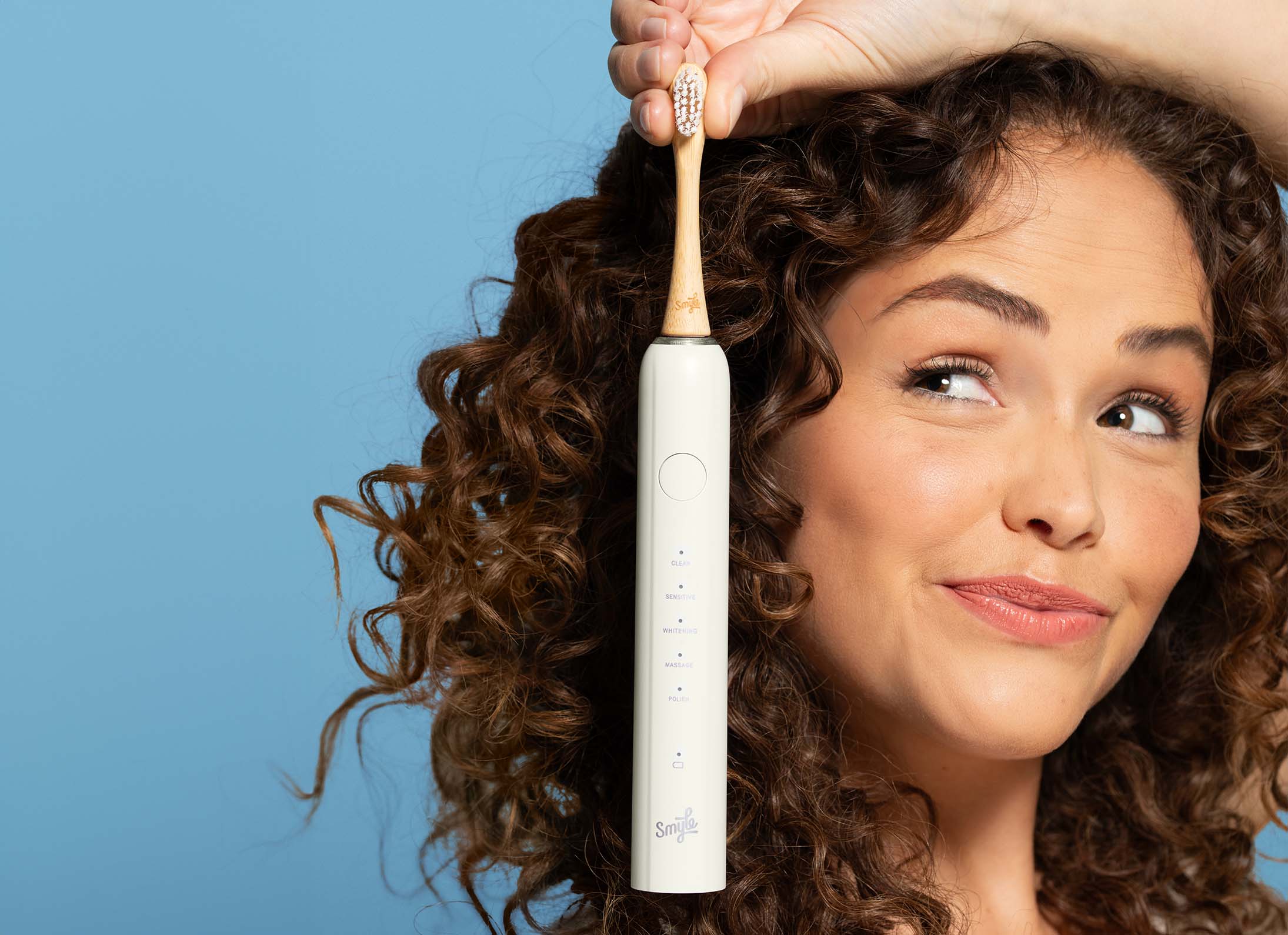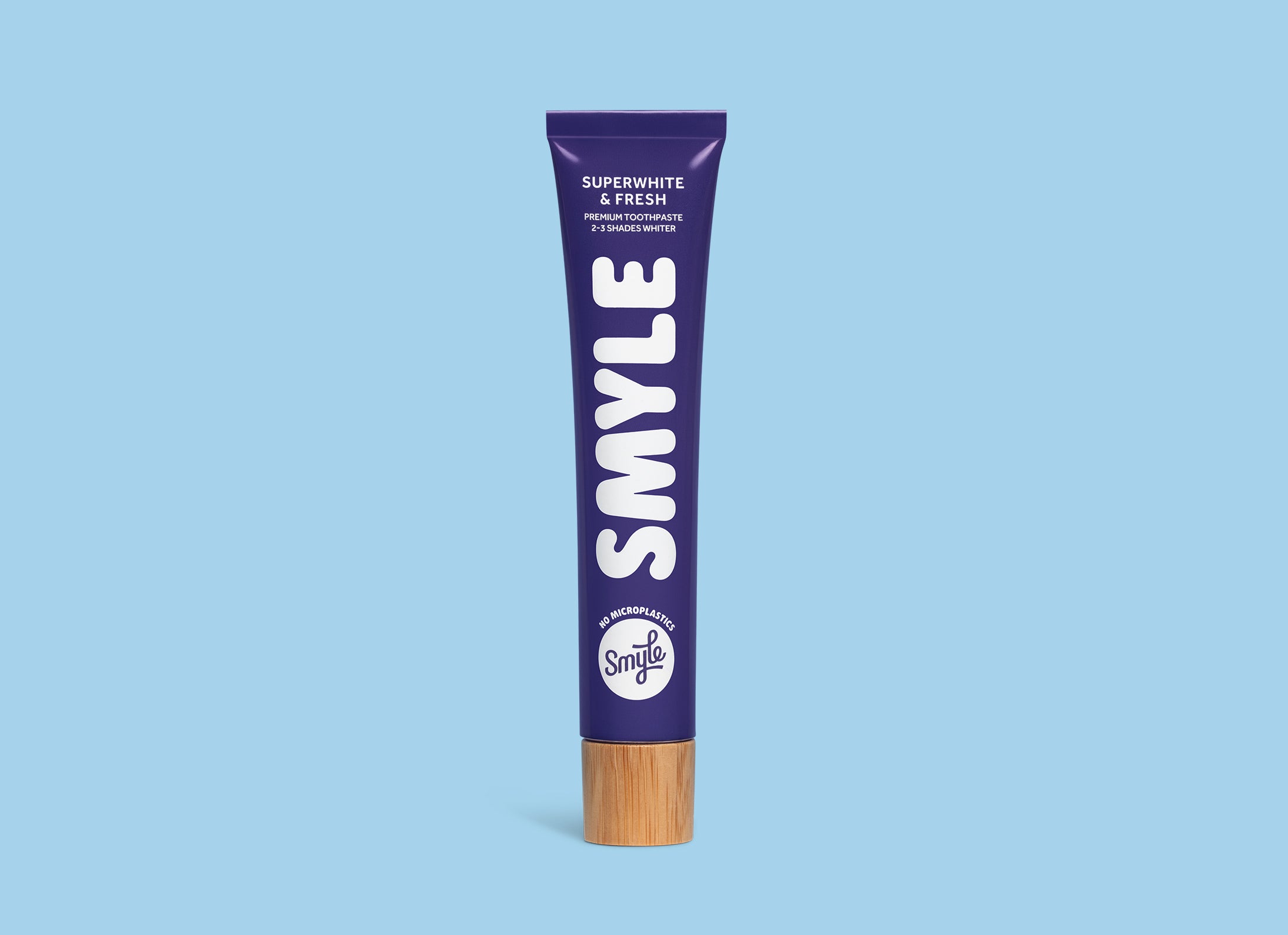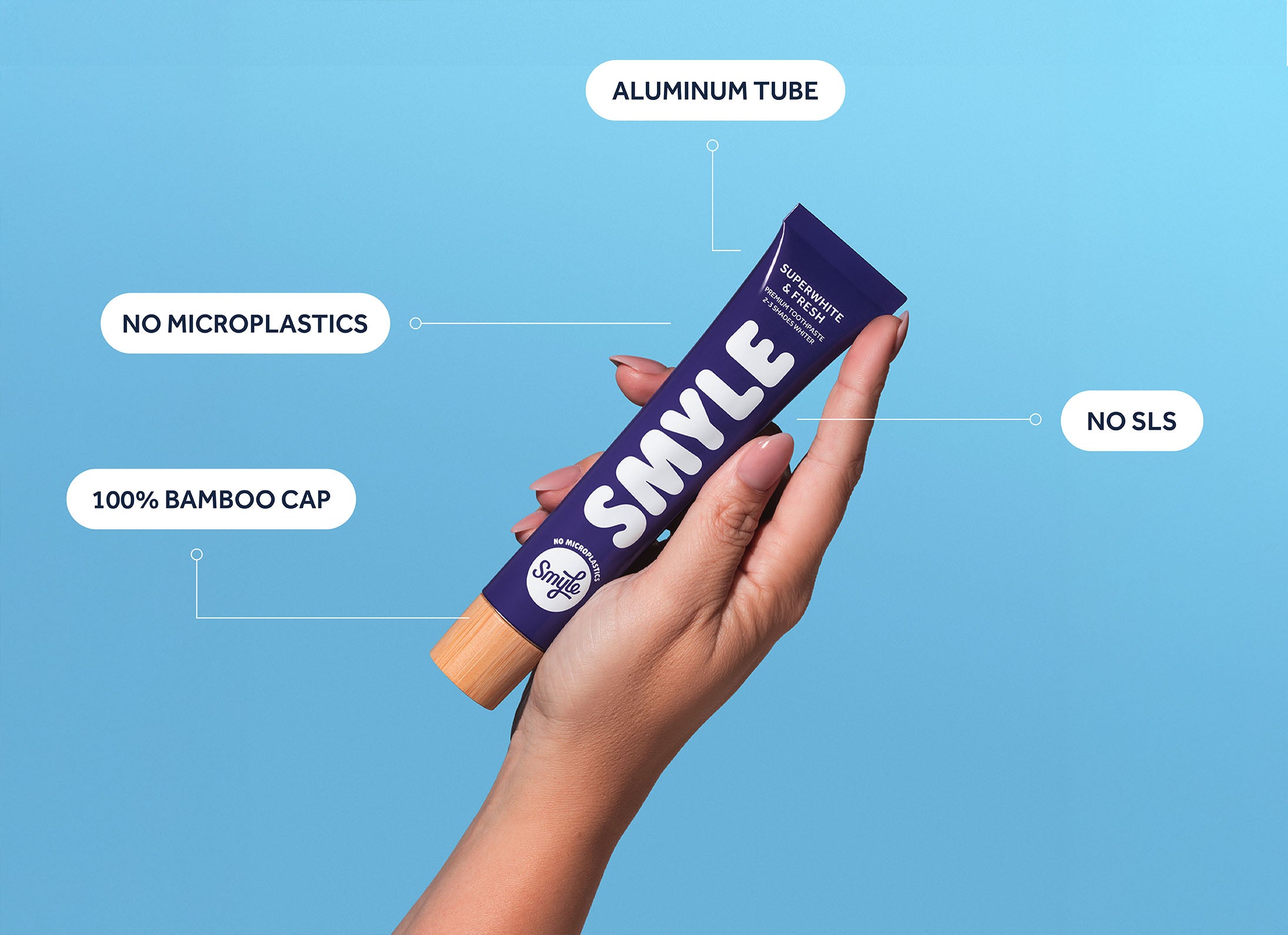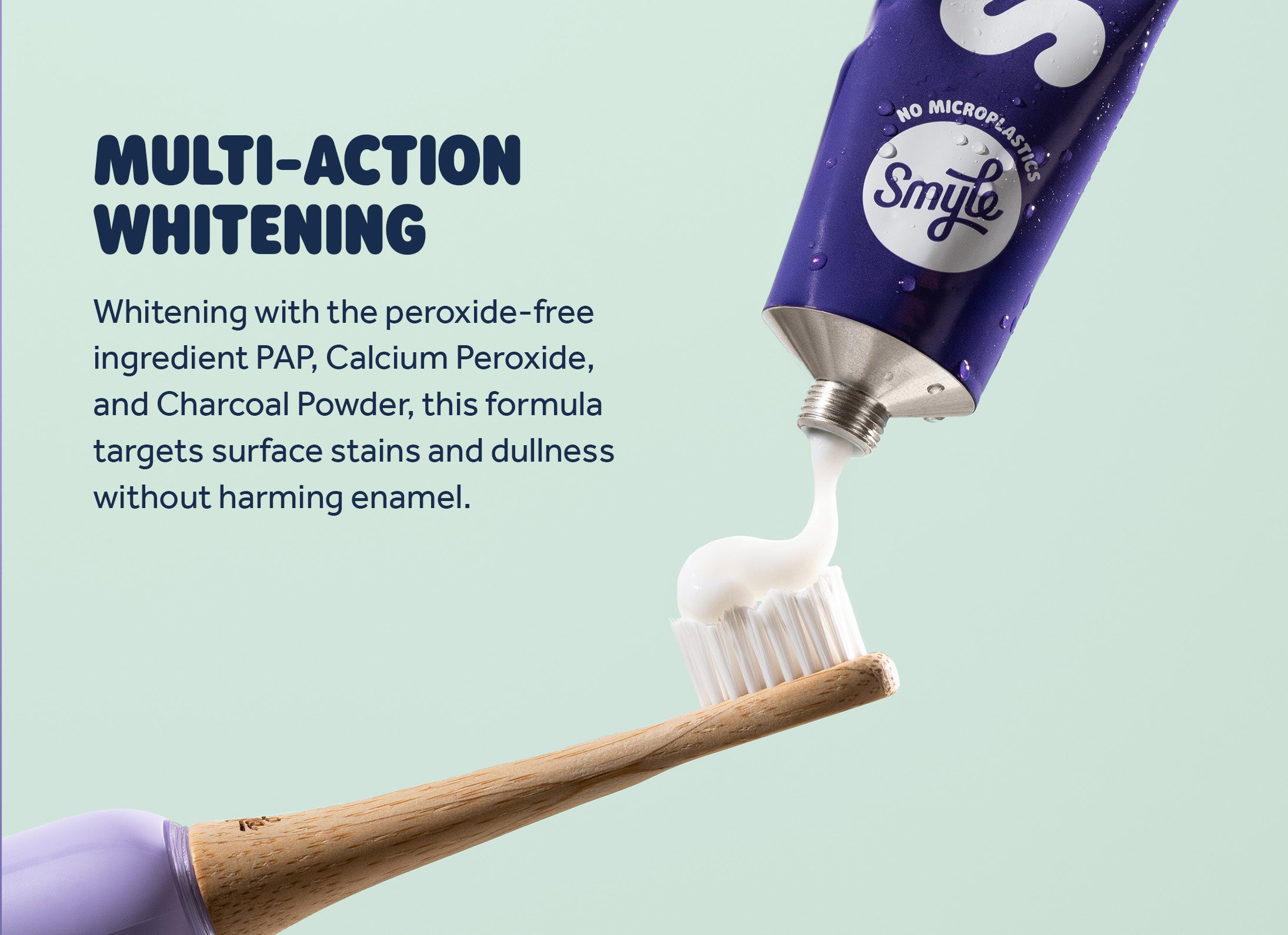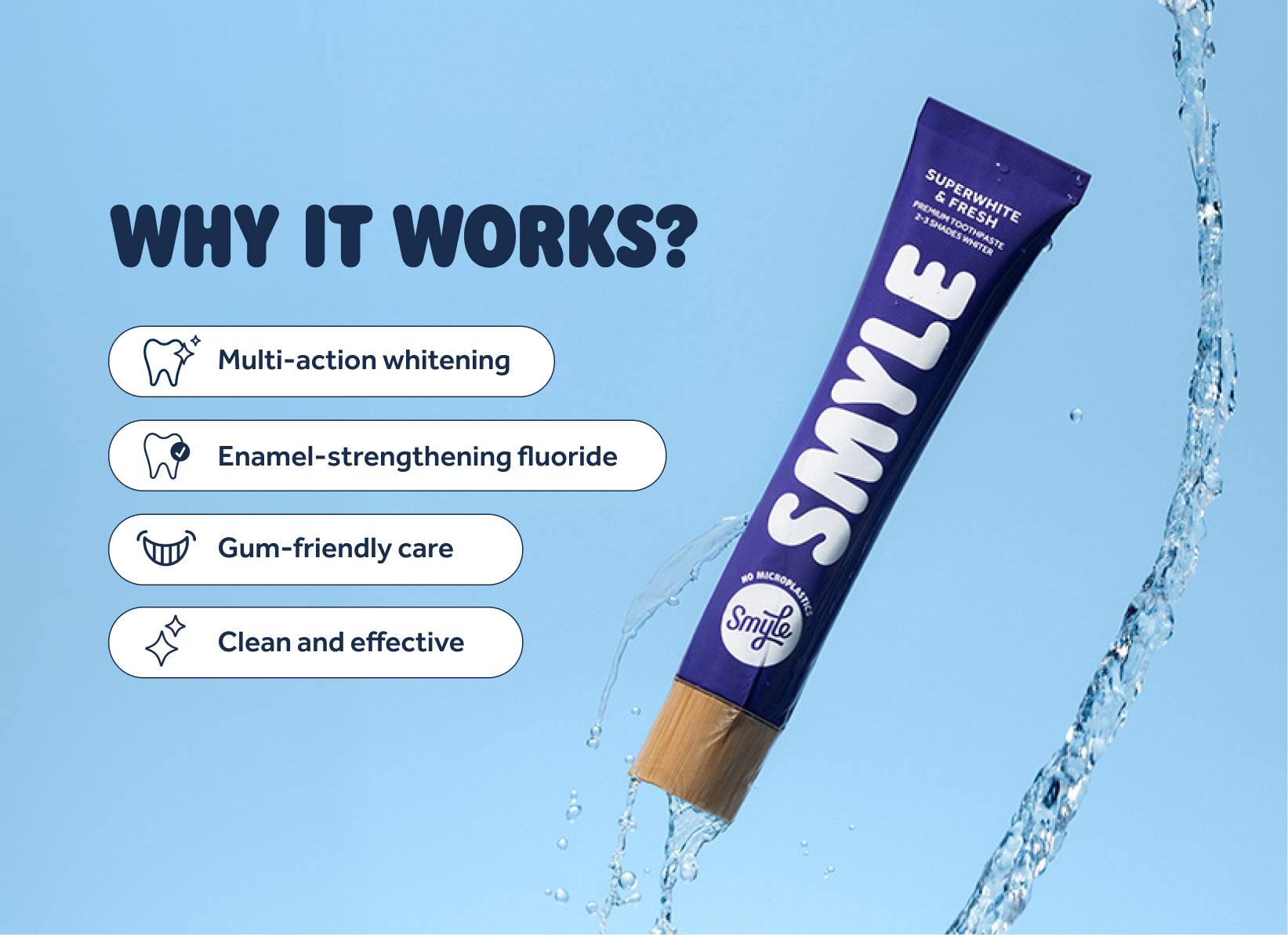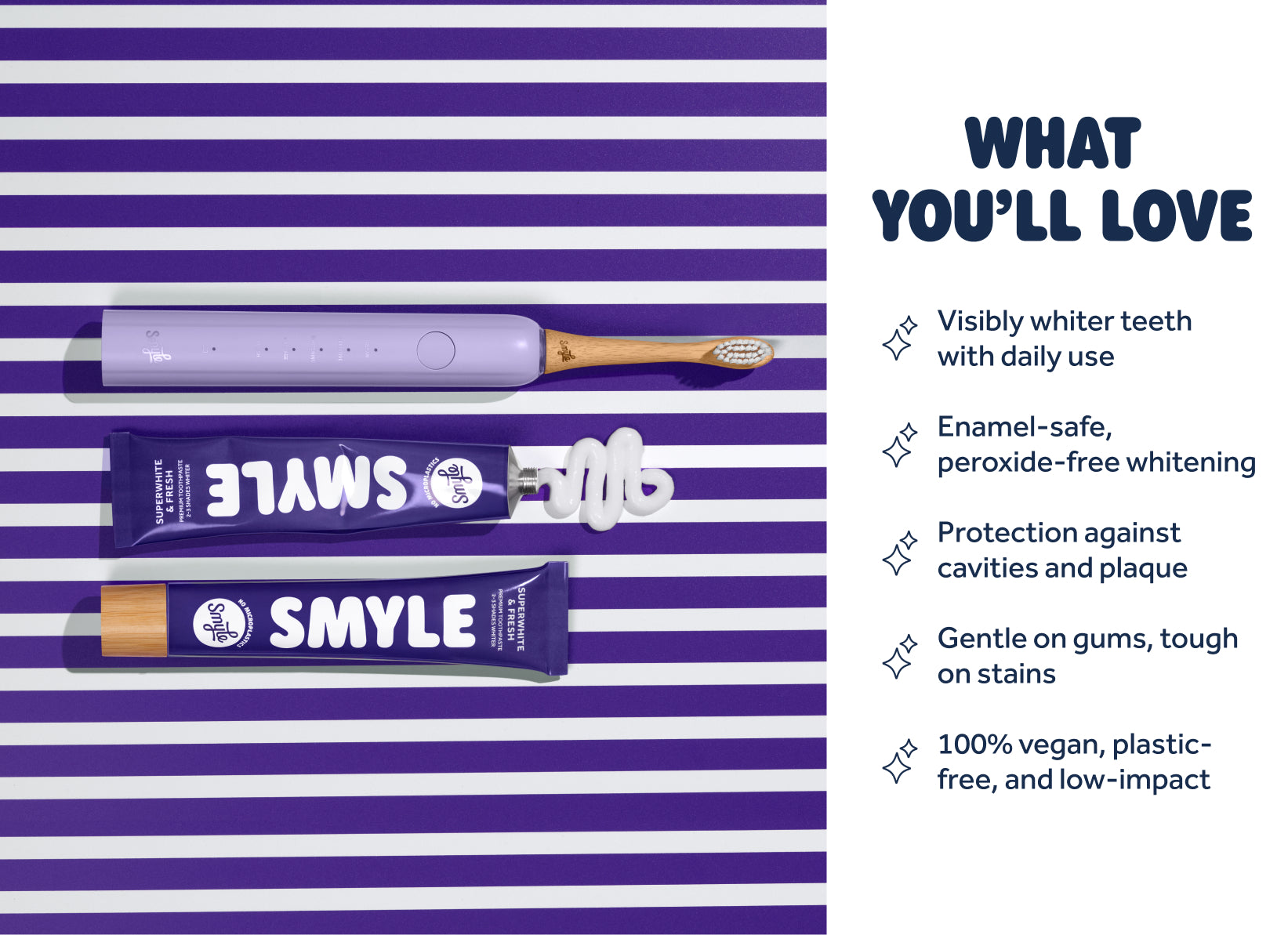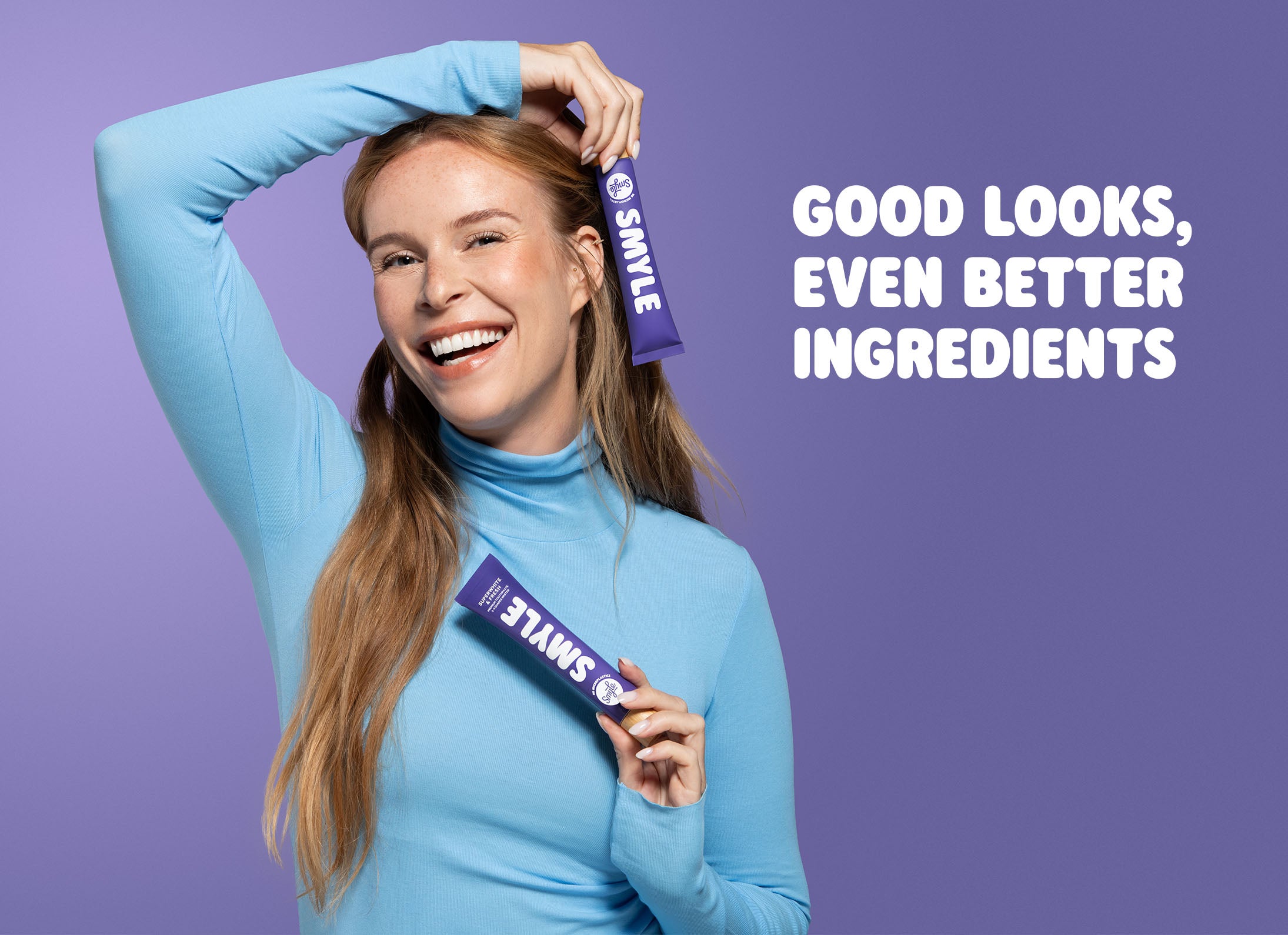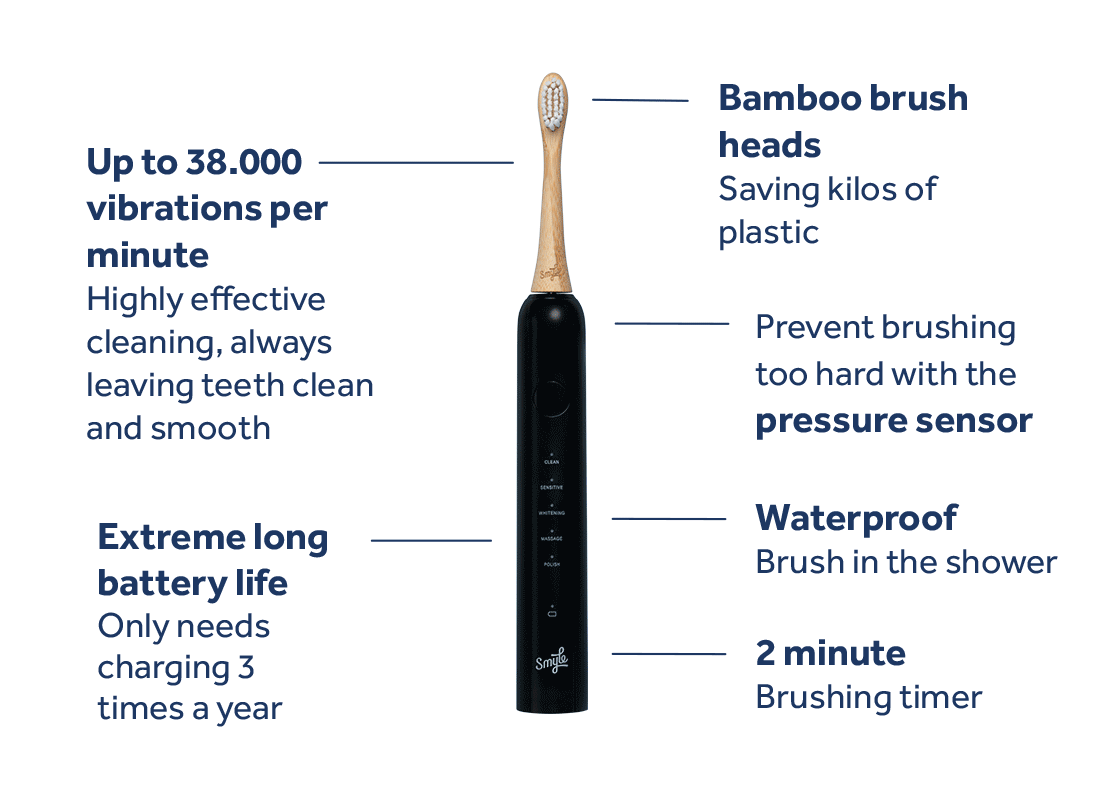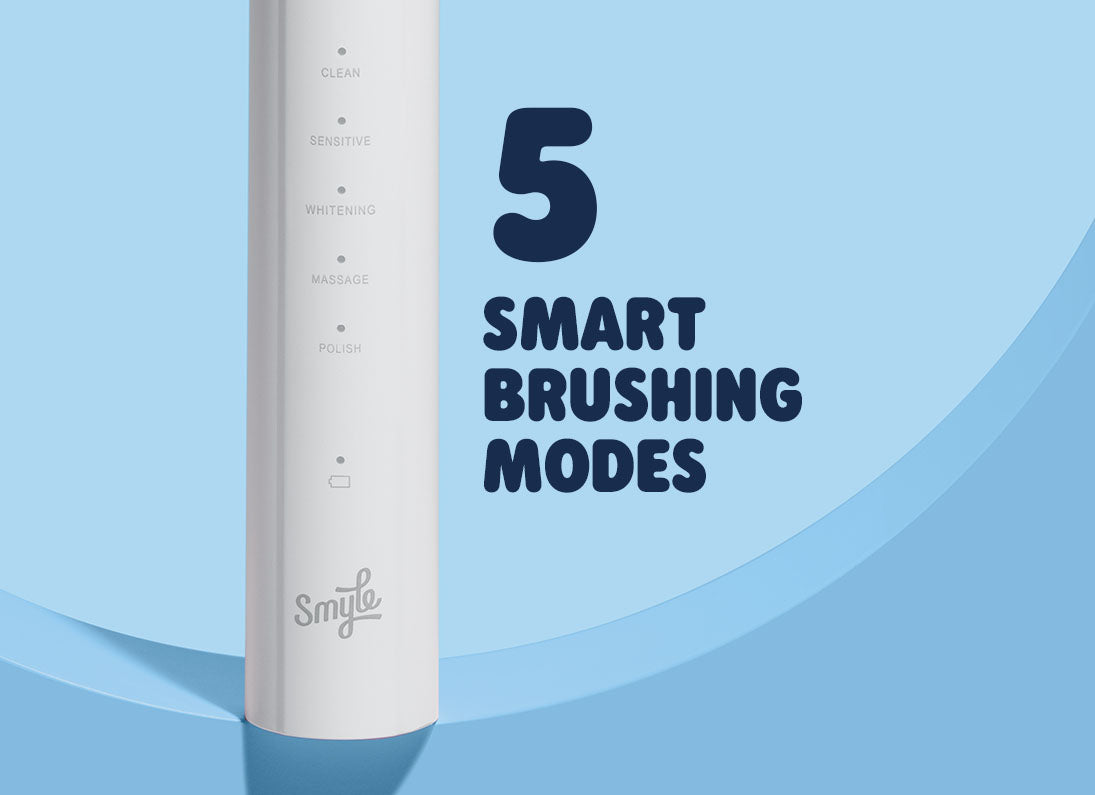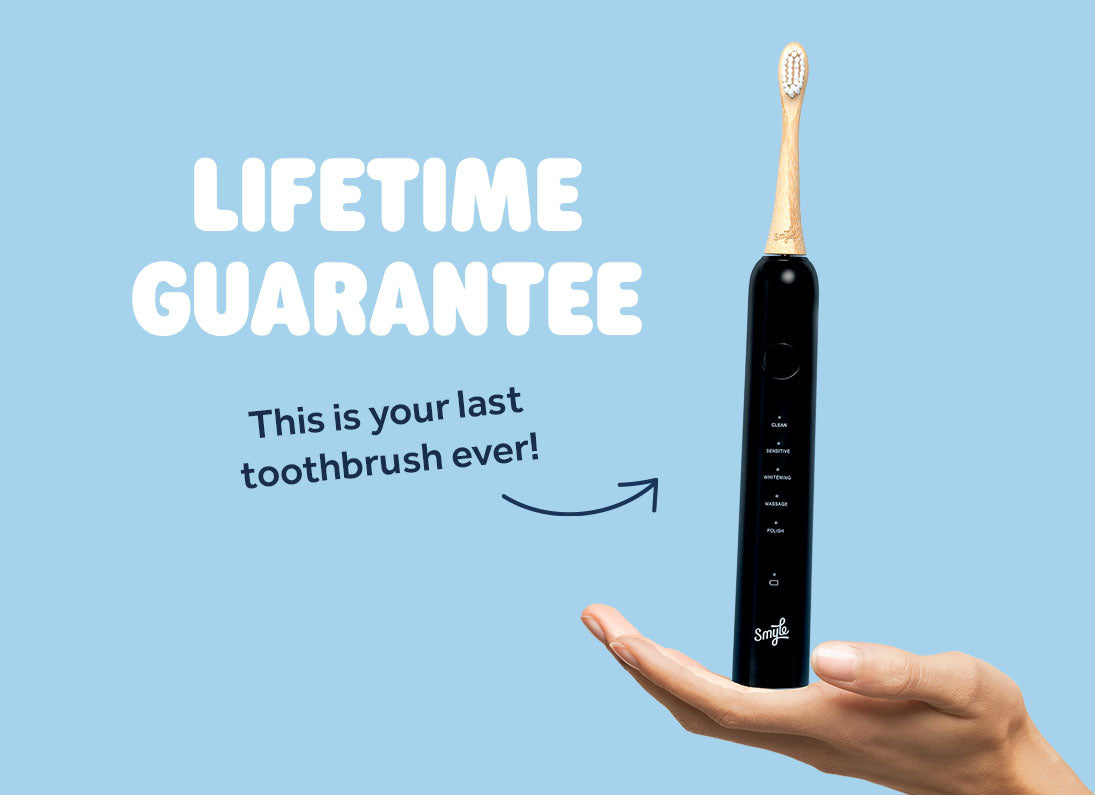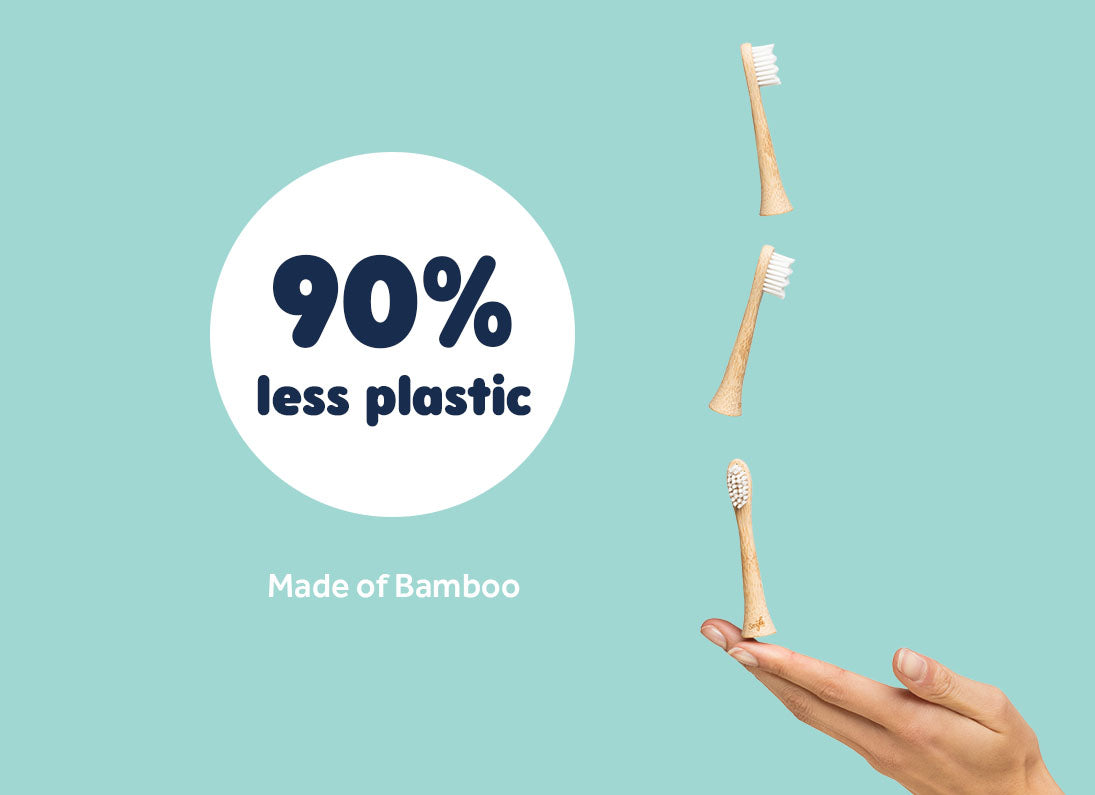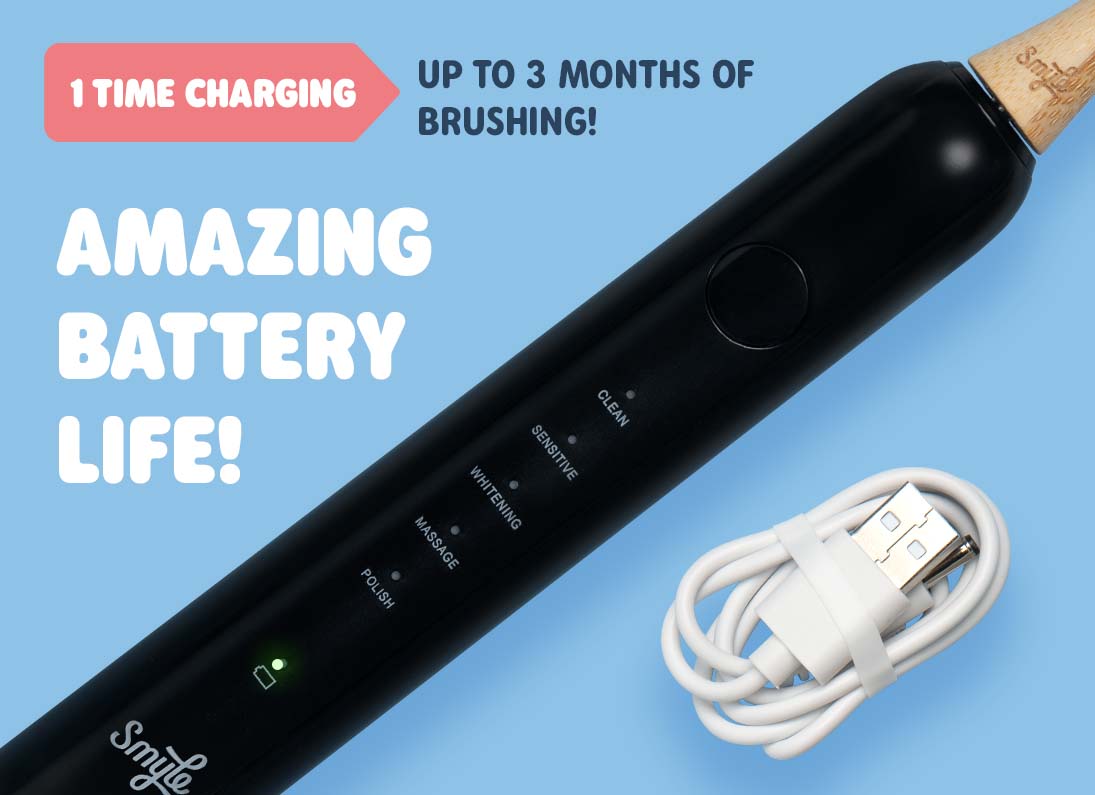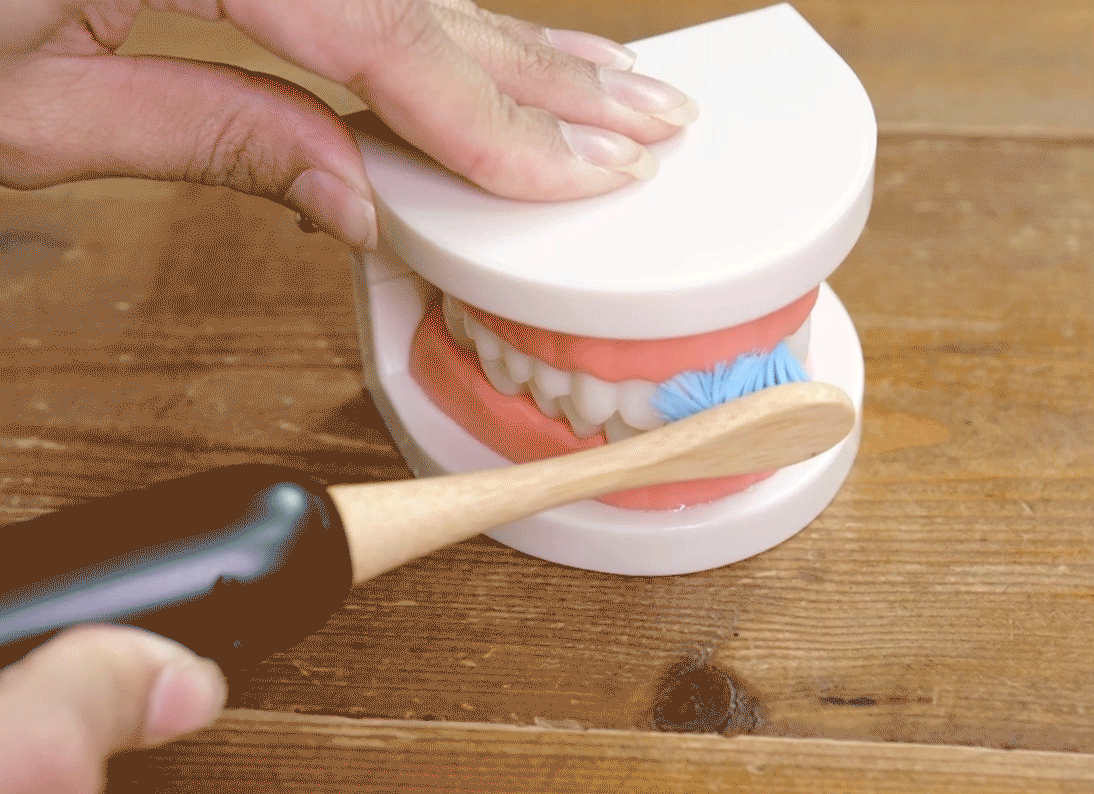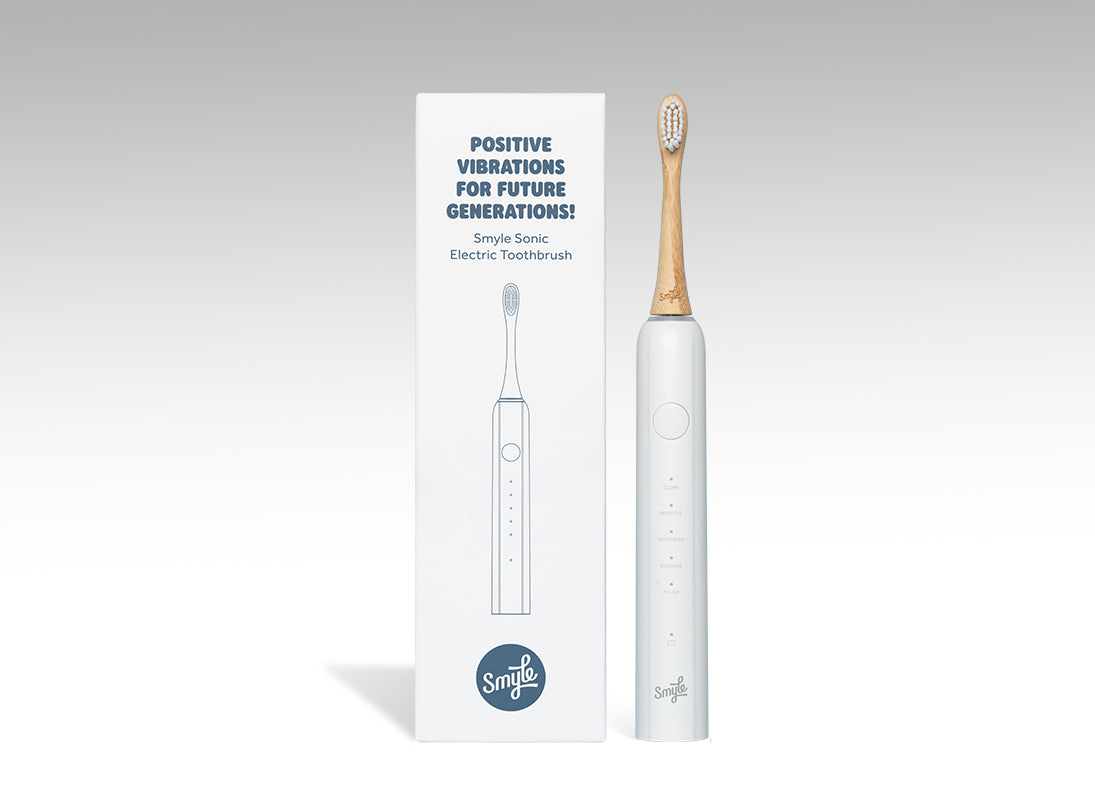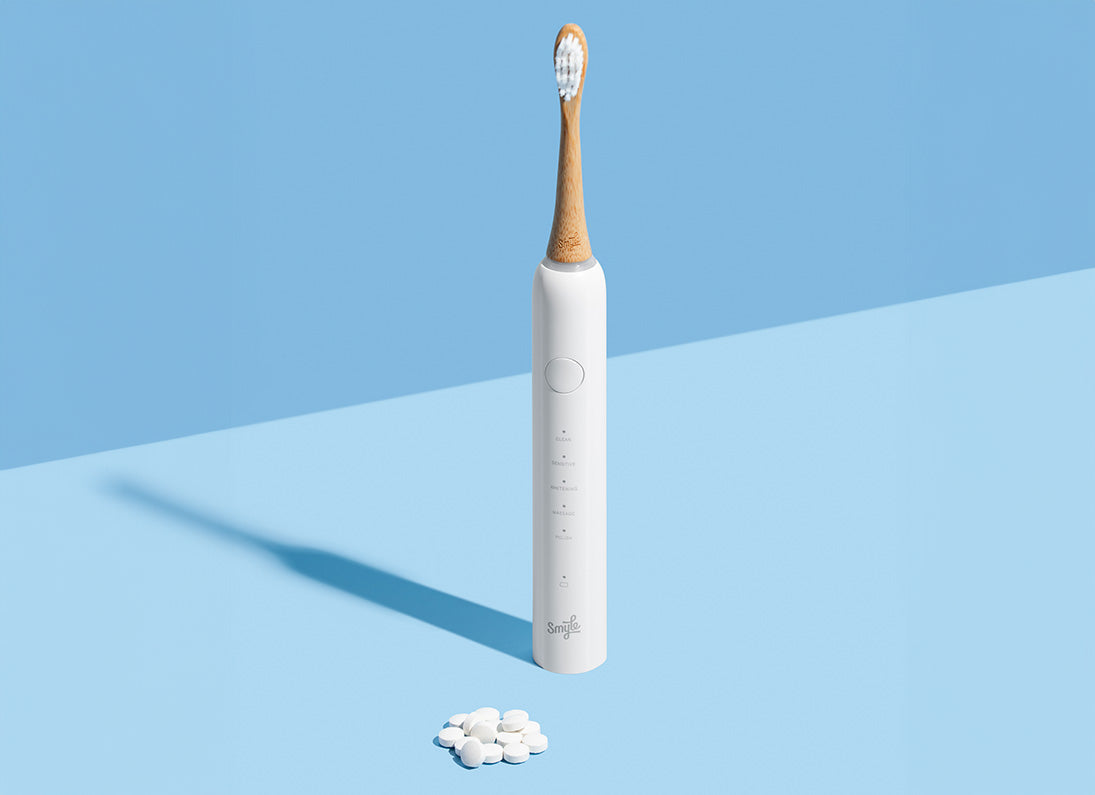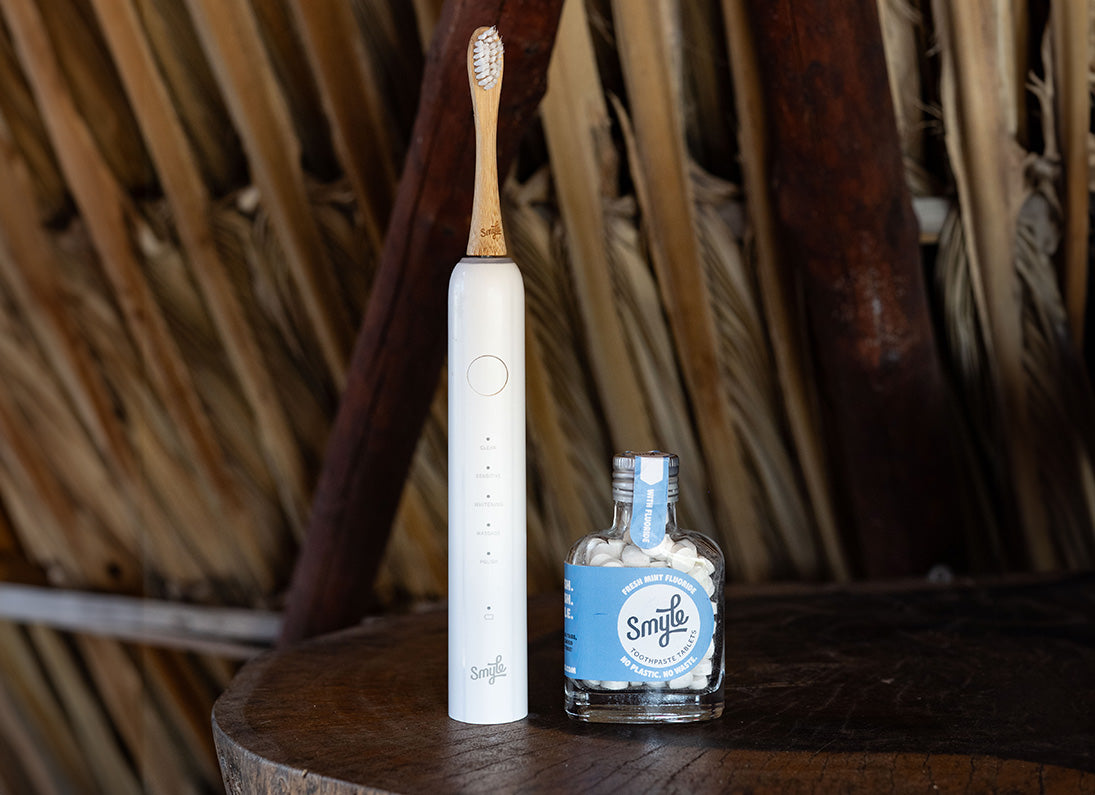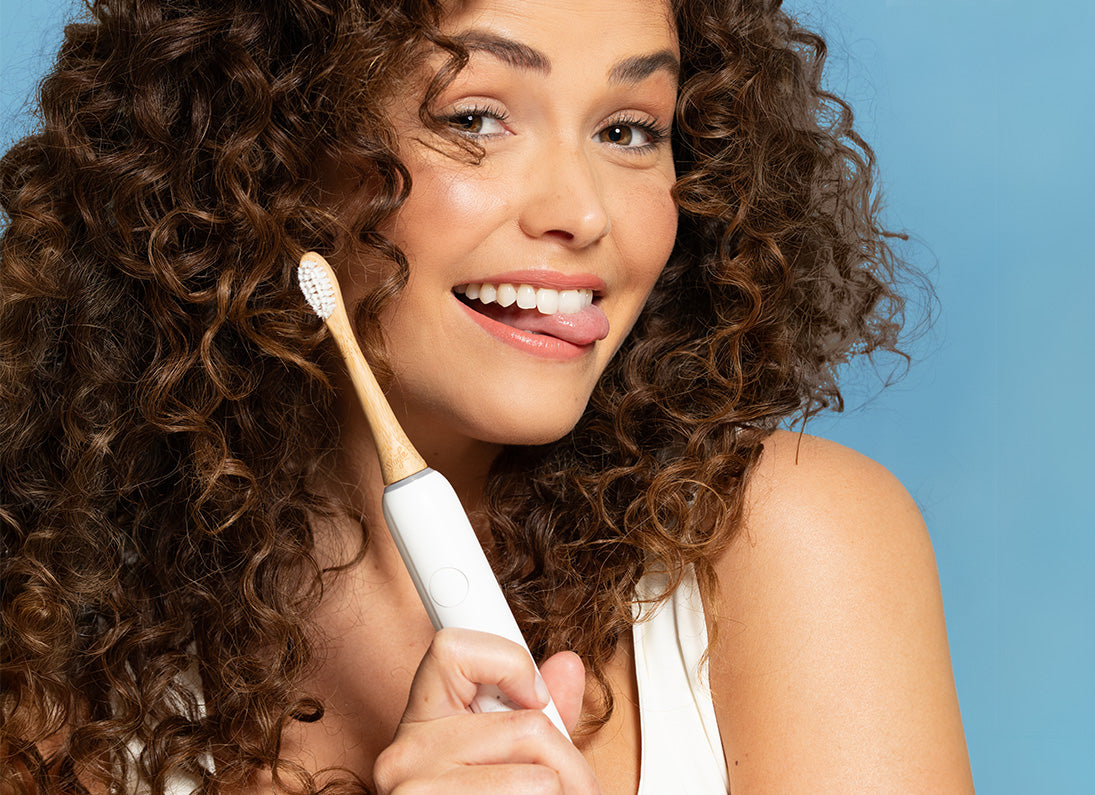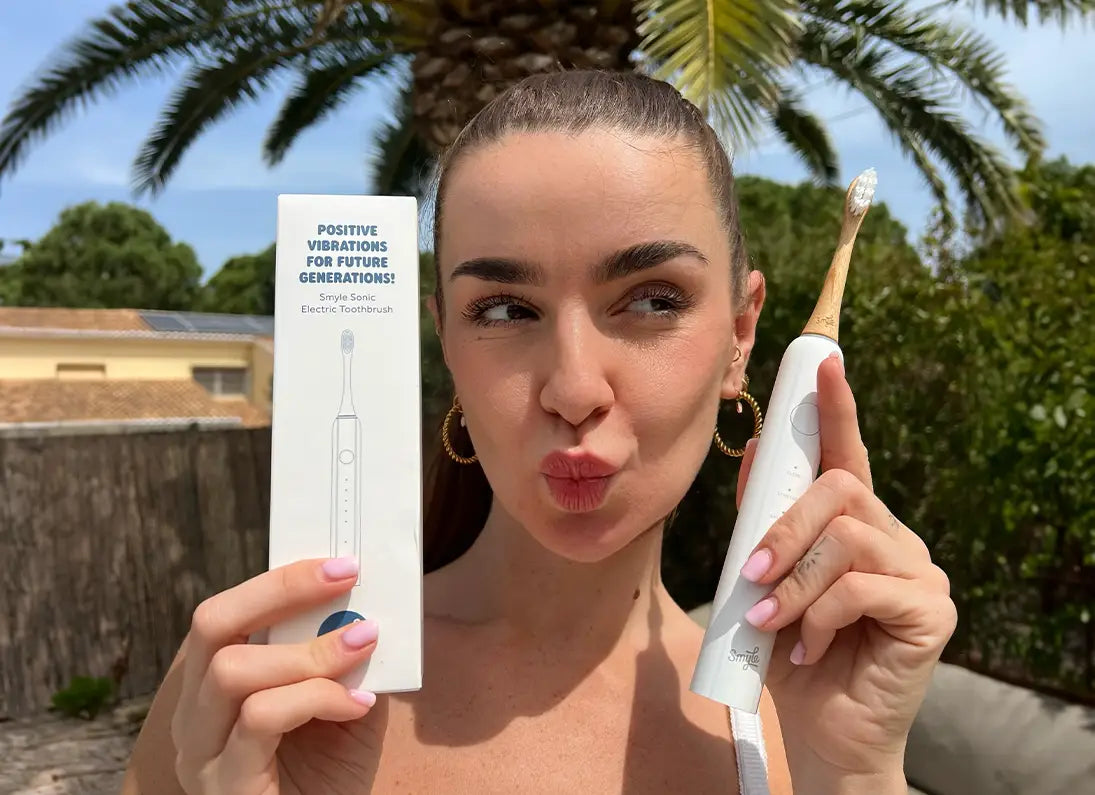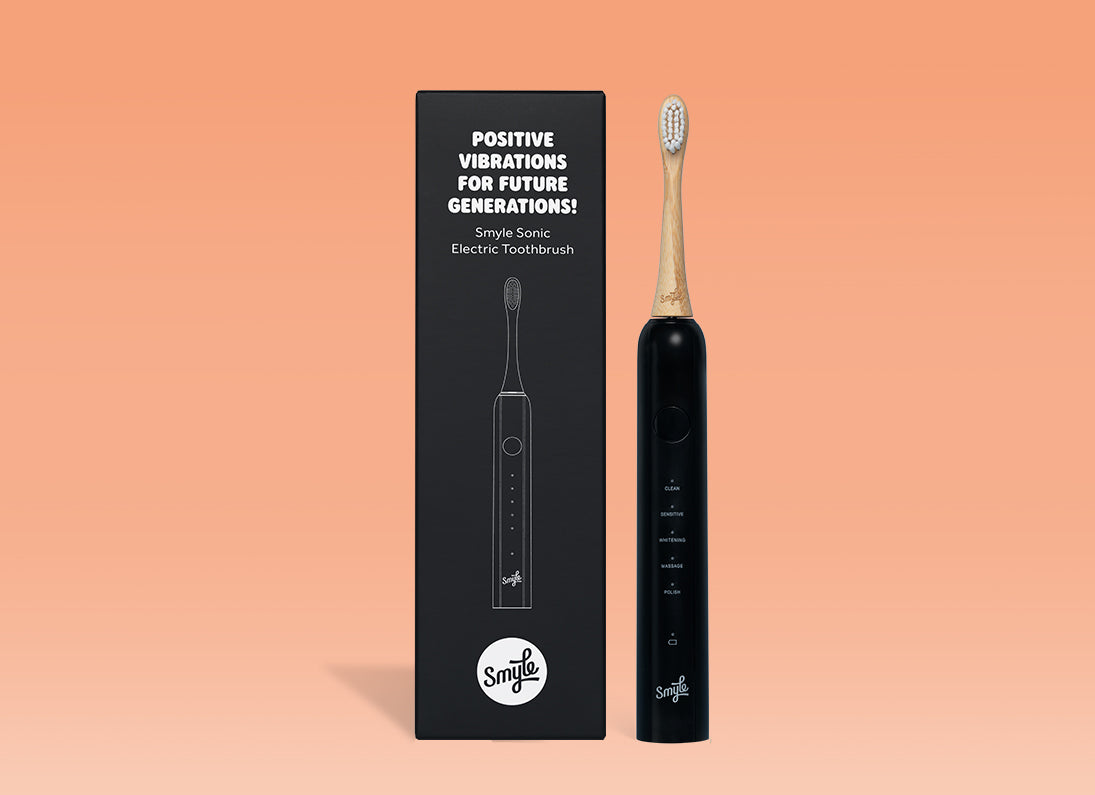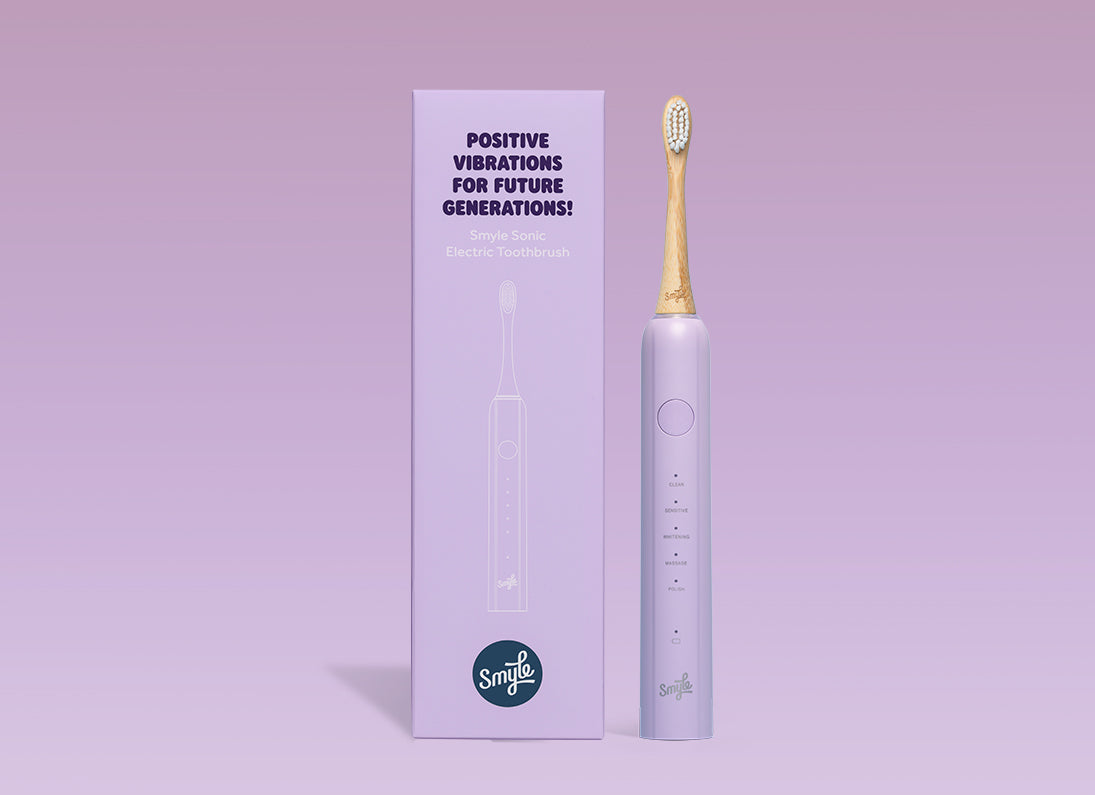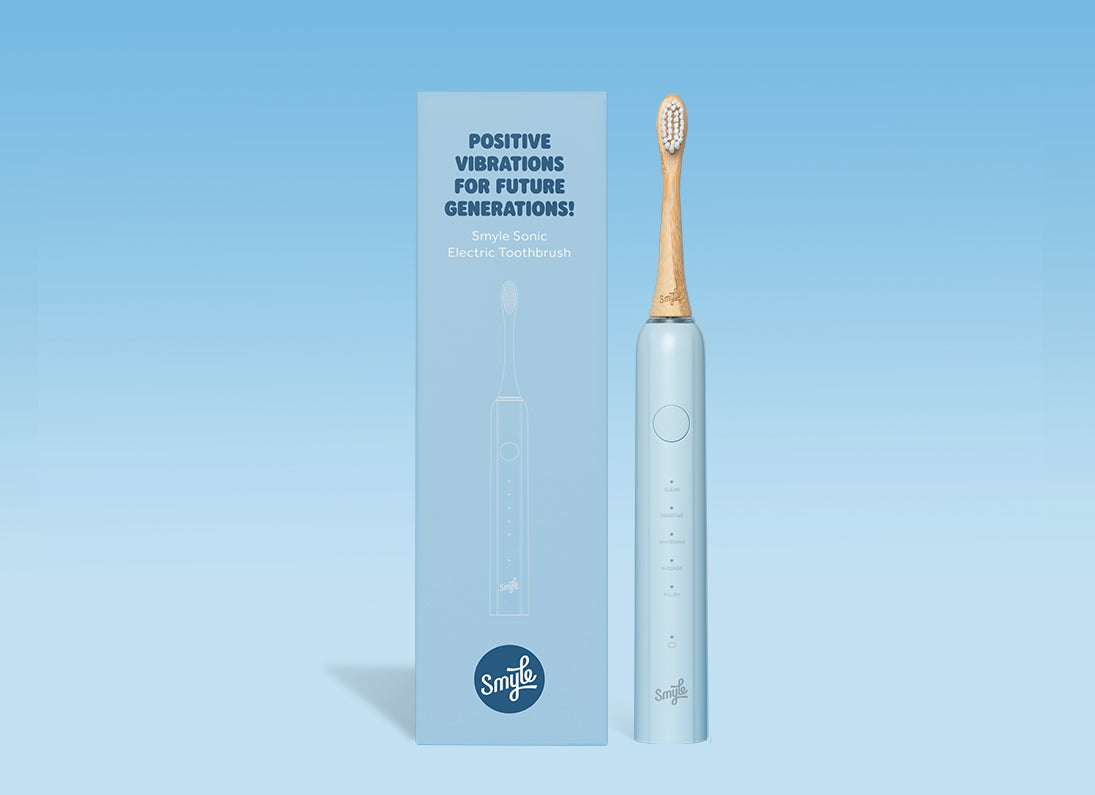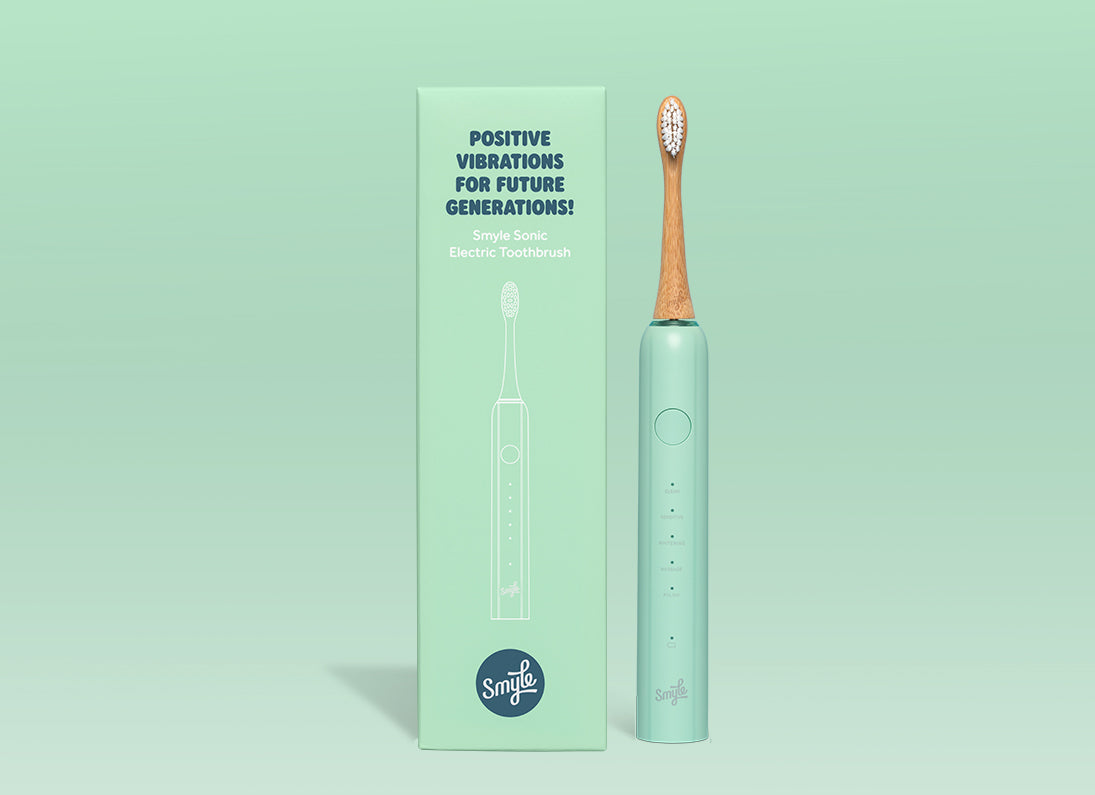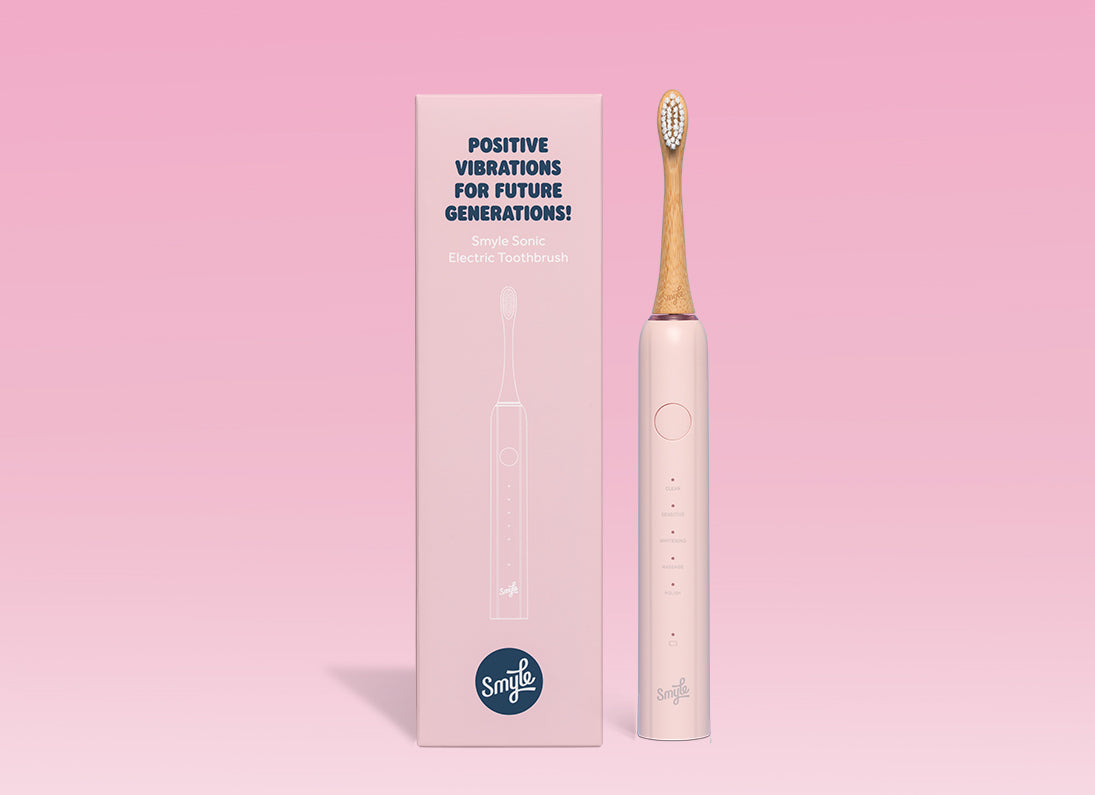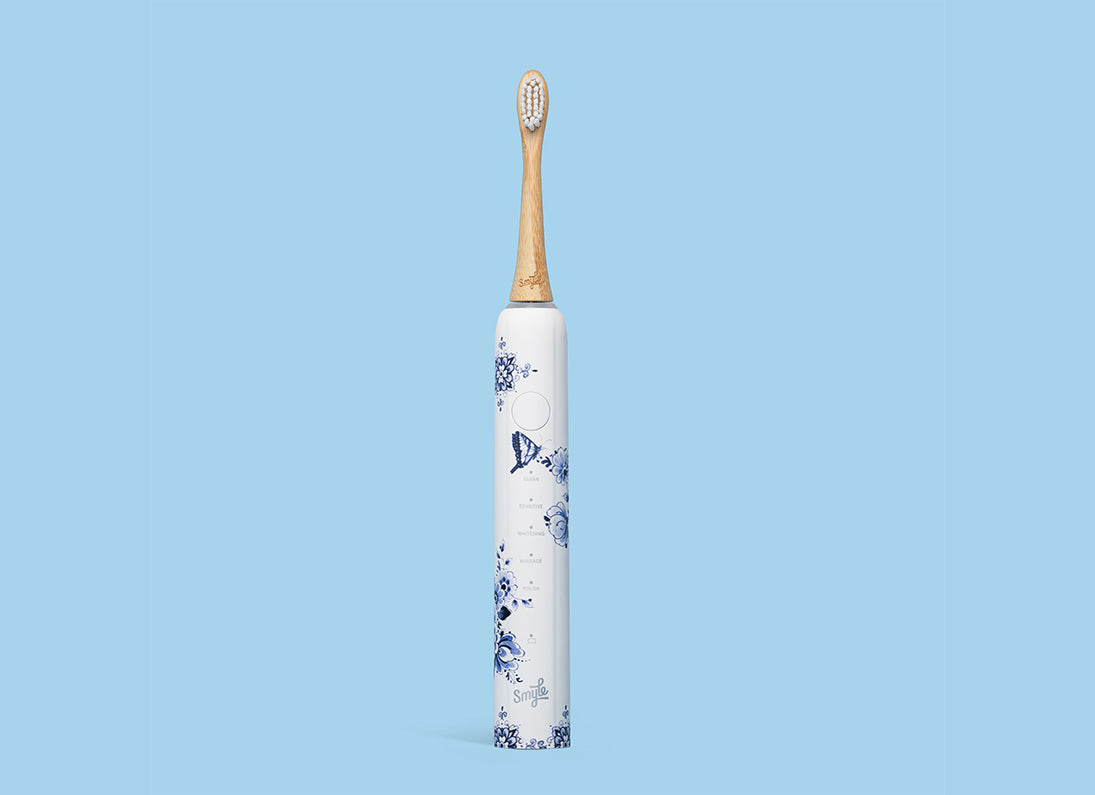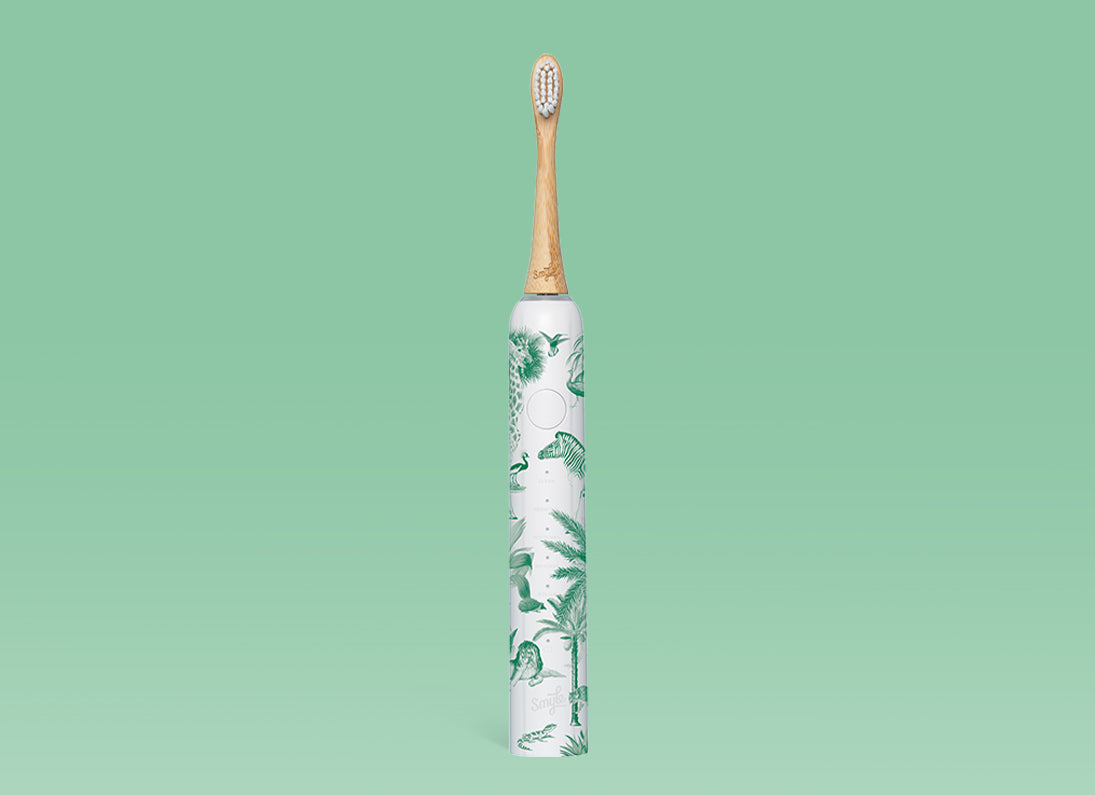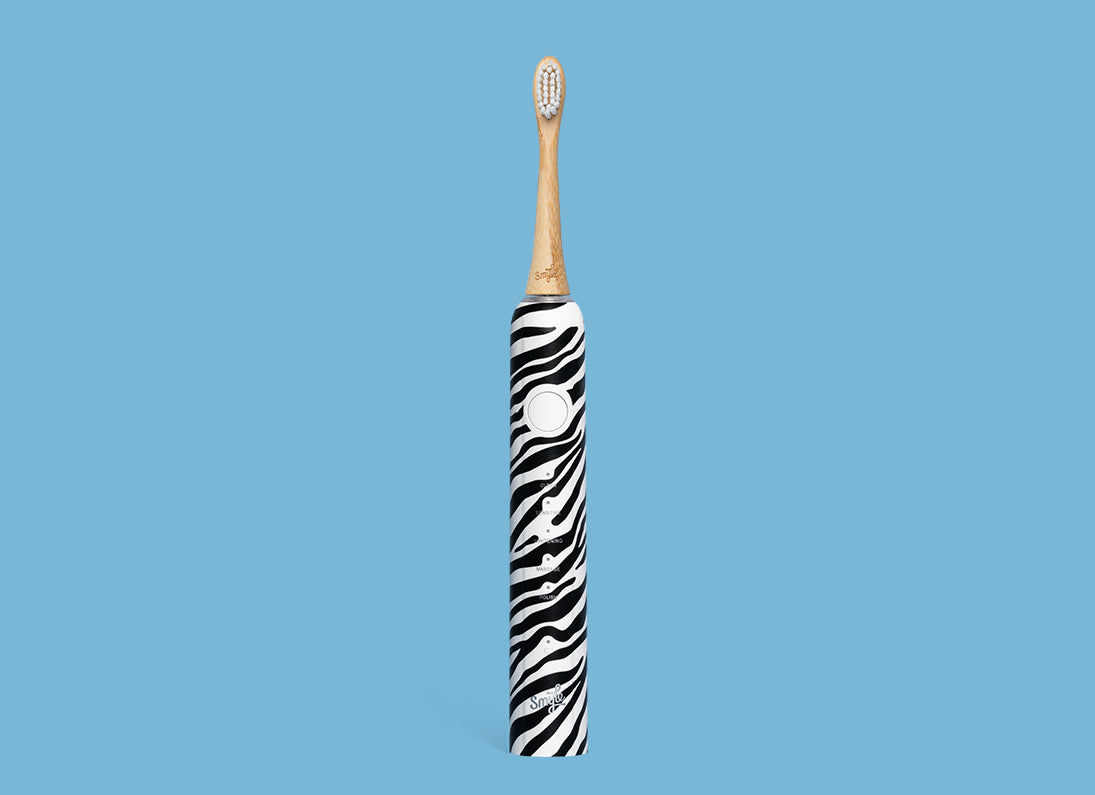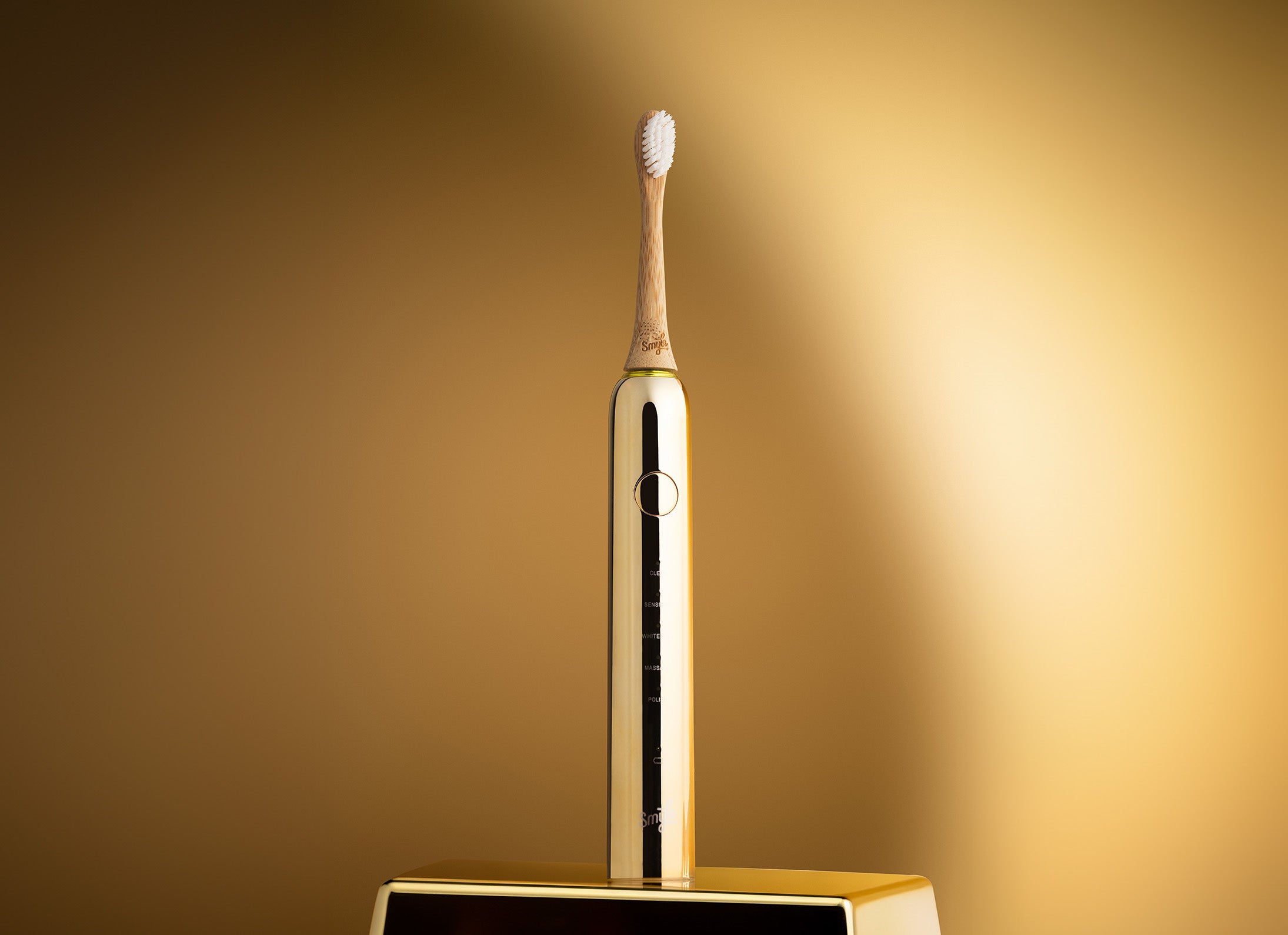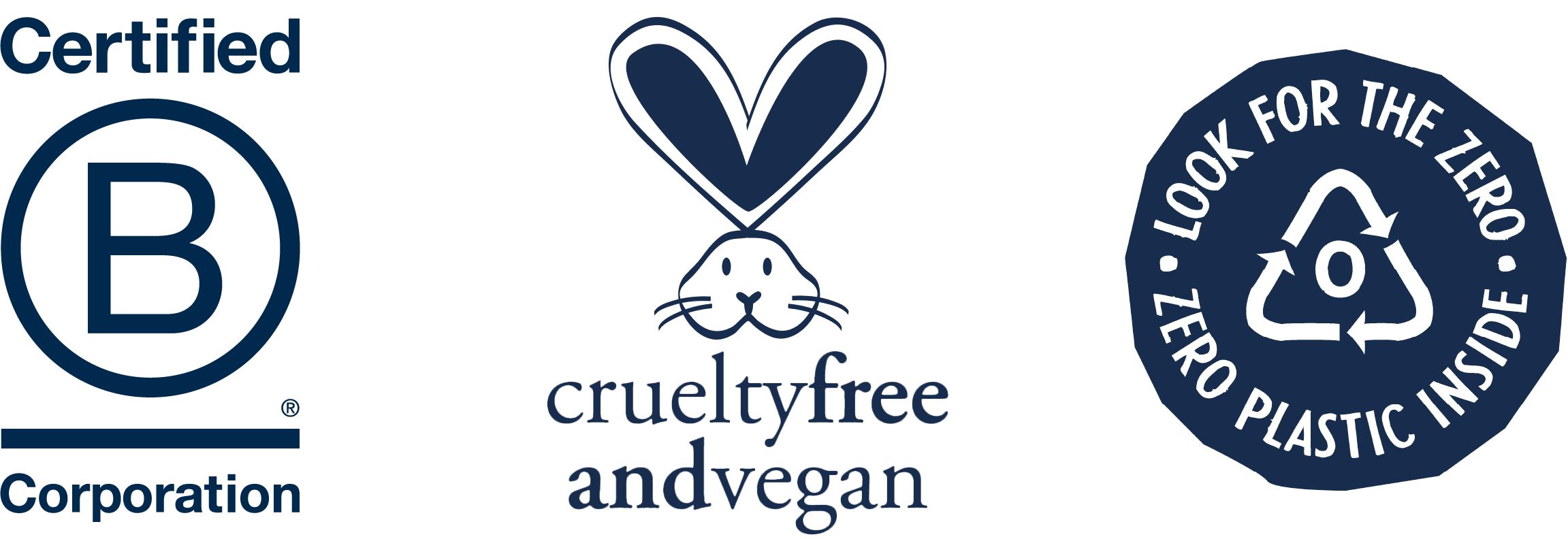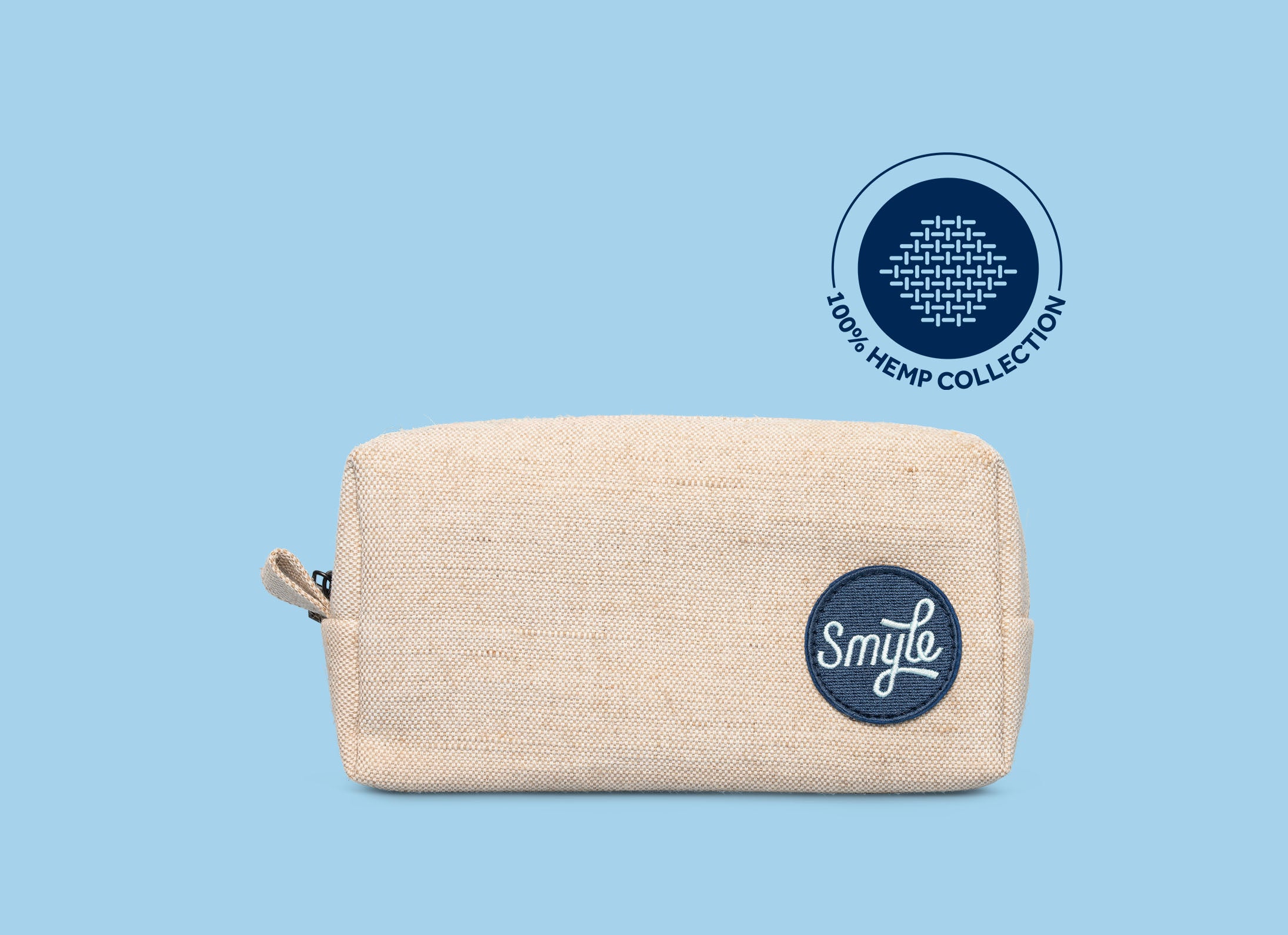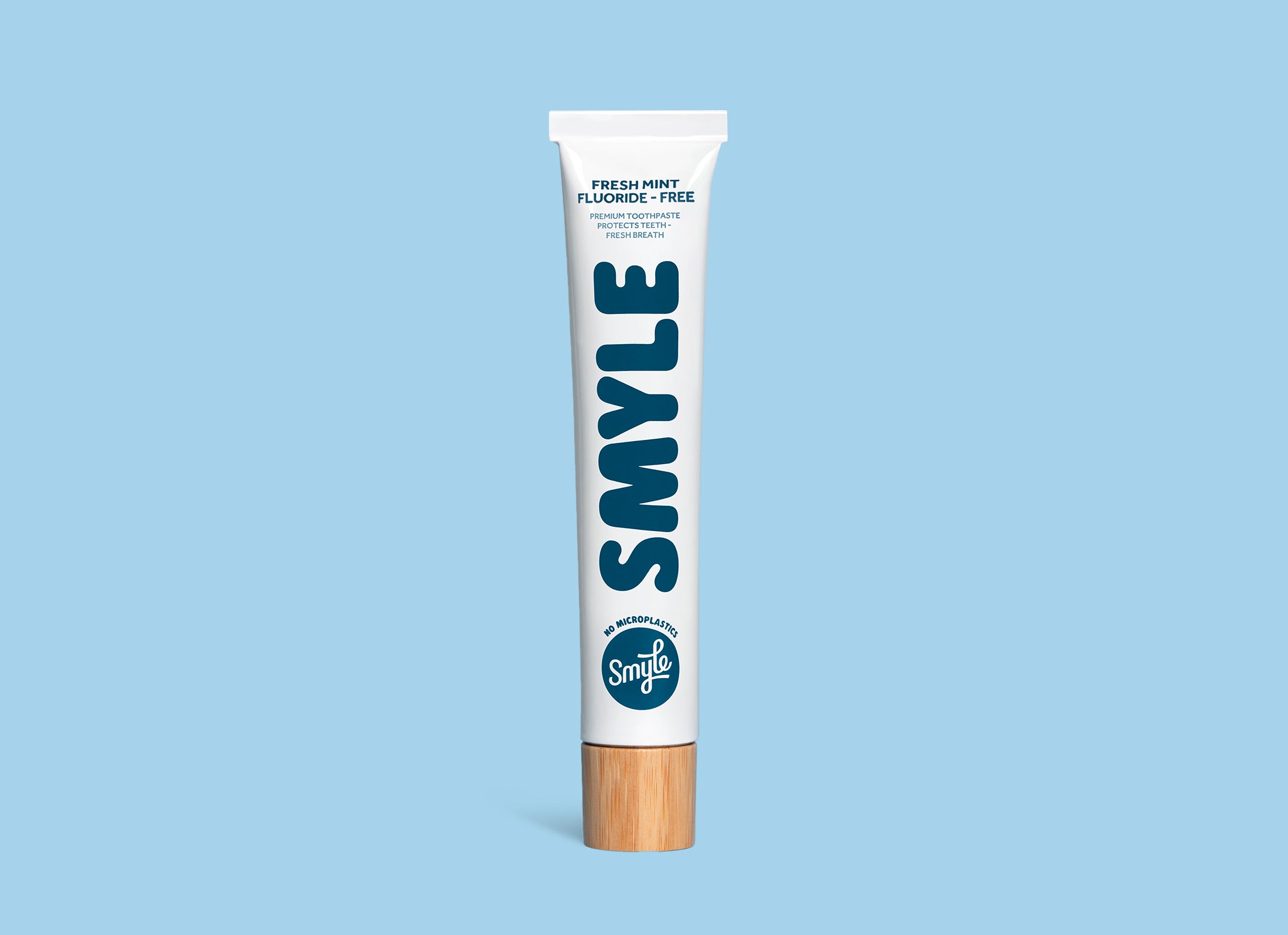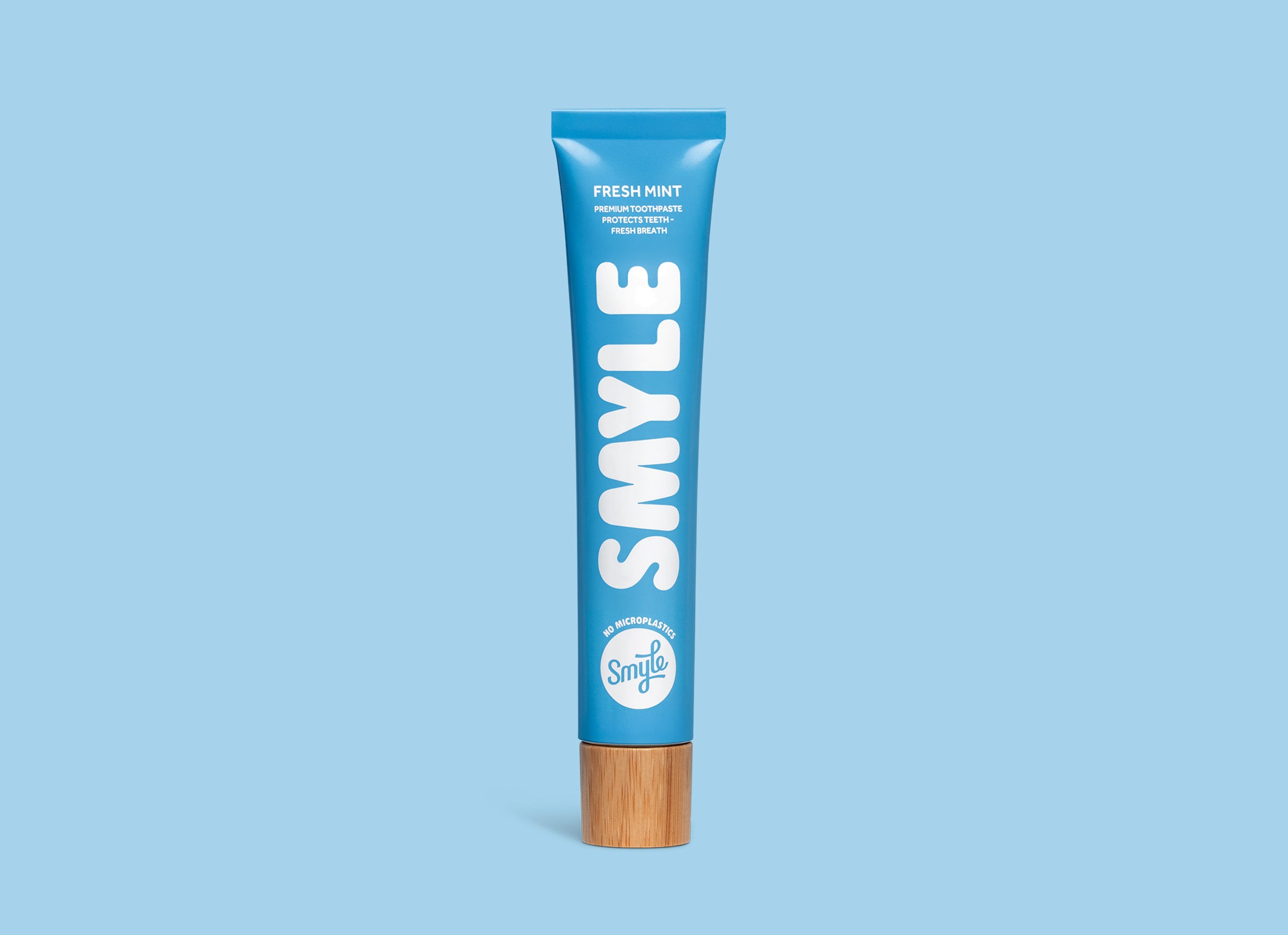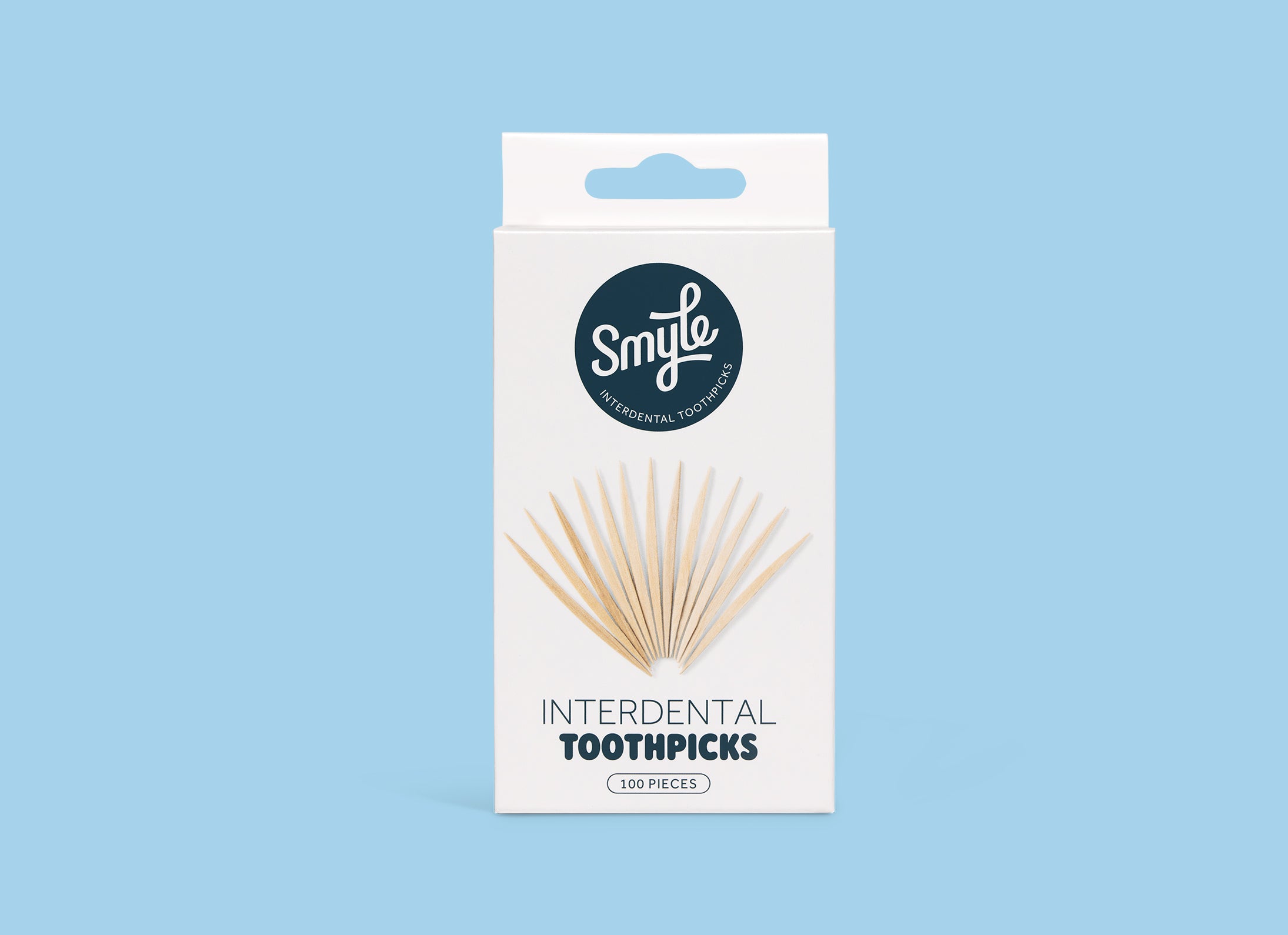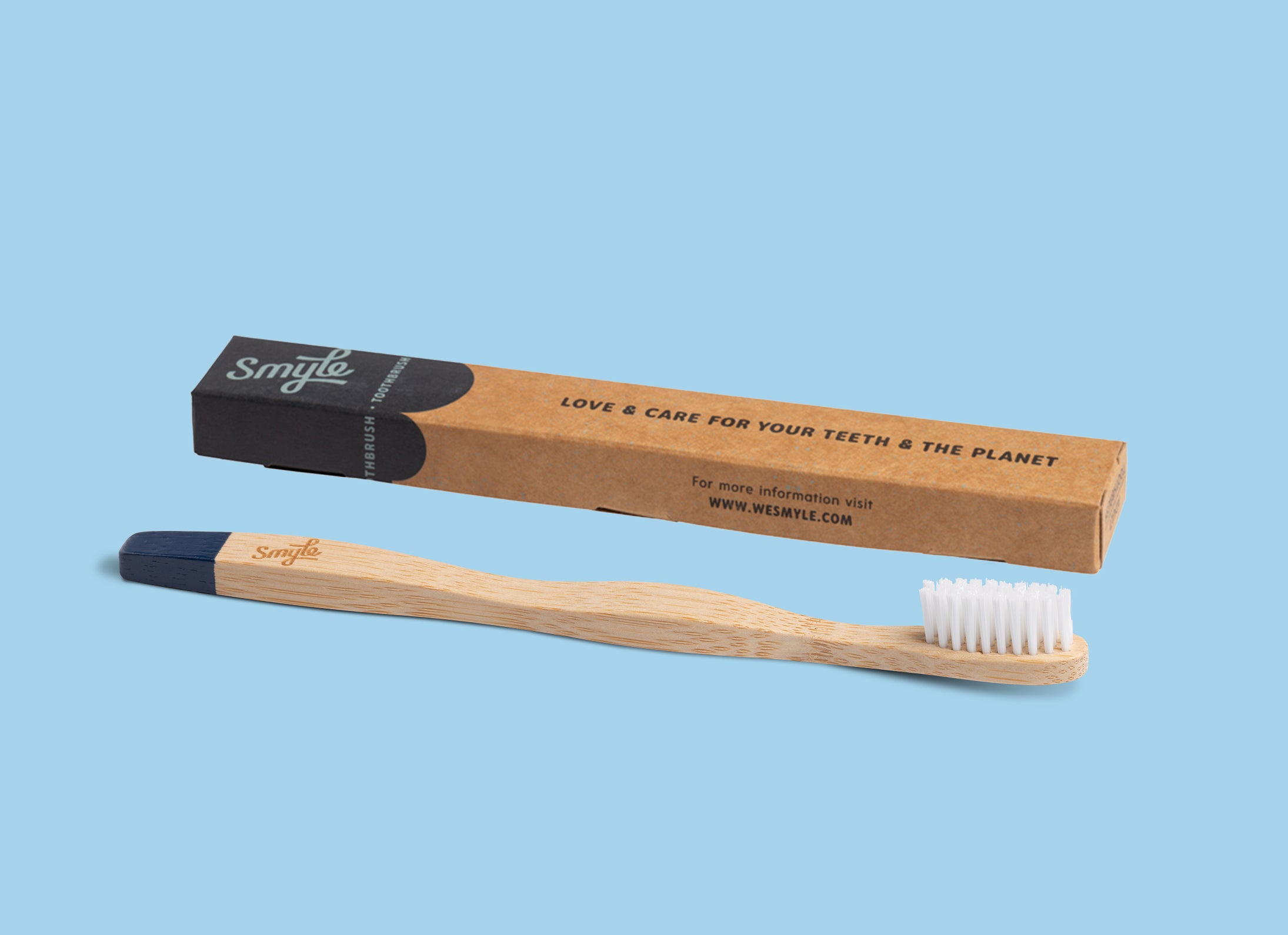
Some say you should rinse well after brushing your teeth, while others say you shouldn’t. So what’s the deal—have you ever wondered whether you should rinse your mouth after brushing? The truth is, many people don’t even think about this question and automatically rinse after brushing simply because that’s how they were raised. But is this really the best choice for your oral health? In this blog post, we’ll explore the facts and myths surrounding rinsing—or not rinsing—after brushing your teeth.
Should you rinse your mouth after brushing: yeah, right...?
Just like the myths about catching a cold from being outside or whether to brush your teeth before or after breakfast, the world of oral hygiene is full of habits and “best practices” that, in the end, may not be as correct as we think. One of the most common habits is rinsing your mouth immediately after brushing—a routine that most of us were taught from a young age. But what if we told you that this everyday ritual might not actually be as beneficial as you think? Let’s take a closer look.
The Role of Fluoride
Fluoride plays a crucial role in protecting your teeth from cavities (dental caries). When you brush your teeth with fluoride toothpaste instead of fluoride-free toothpaste—or even better, with Smyle’s toothpaste tablets—you create a protective barrier that helps strengthen your teeth and shield them against the acids that can cause cavities. Here’s the twist: when you rinse your mouth immediately after brushing, you wash away the fluoride before it has a chance to do its job!
Imagine that you are painting a wall. After applying the first coat, would you immediately pour water over the wall, diluting the paint before it has had a chance to dry? Of course not! Don’t worry, you don’t have to worry about having a dry mouth either. But this is exactly what happens when you rinse your mouth immediately after brushing your teeth. By rinsing, we deprive the fluoride of the opportunity to perform its protective work.
The Right Time to Rinse
If rinsing immediately after brushing isn’t recommended, then when is the right time to do it? Well, the answer is actually quite simple: it’s better to wait about 30 minutes after brushing before rinsing your mouth. Why? Because that’s the amount of time fluoride needs to properly strengthen your teeth.
But what if you want to drink something right after brushing? In that case, it’s better to drink water before brushing your teeth. This way, the fluoride has enough time to absorb into your teeth and do its protective job.
In short, it all comes down to timing. And while it may take a little getting used to, adopting this new habit is definitely worth it—for the health of your teeth, and ultimately, your overall well-being.
Rinsing with Mouthwash
What if you’re used to rinsing with mouthwash after brushing? You might wonder if that has the same effect as rinsing with water. The answer is actually quite simple—it depends on the type of mouthwash you use. If your mouthwash contains fluoride, it can actually enhance the effect of the fluoride in your toothpaste. However, if your mouthwash does not contain fluoride, it can have the same effect as rinsing with water: it may wash away the fluoride from your teeth before it has a chance to do its work.
That’s why it’s advisable—if you use mouthwash—to choose a product that contains fluoride and to use it 30 minutes after brushing. This way, you get the full benefits of fluoride from both your toothpaste and your mouthwash.
So, should you rinse your mouth after brushing?
The question of whether you should rinse after brushing your teeth may seem complex, but it’s actually quite easy to understand. It all comes down to how you can maximize the benefits of fluoride to protect your teeth from cavities—or how you might unintentionally reduce its effectiveness.
It’s not so much a matter of whether you rinse, but when you rinse and what you rinse with. To allow the fluoride to do its job properly, it’s important to give it time to absorb. That’s why it’s most effective to wait 30 minutes after brushing before eating, drinking, or rinsing your mouth!
Remember, when it comes to oral hygiene, it’s often a series of small habits that make a big difference. It’s not just about what you do—but also how and when you do it. By adjusting your rinsing habits, you can take a big step forward in improving the health and strength of your teeth.
And finally, if you have any doubts or questions about your oral care routine, always consult a professional—like your dentist. They can give you the best advice based on your specific needs and situation.
Share this information to help others better protect and care for their teeth—because in the end, it’s all about keeping that radiant smile shining bright!

